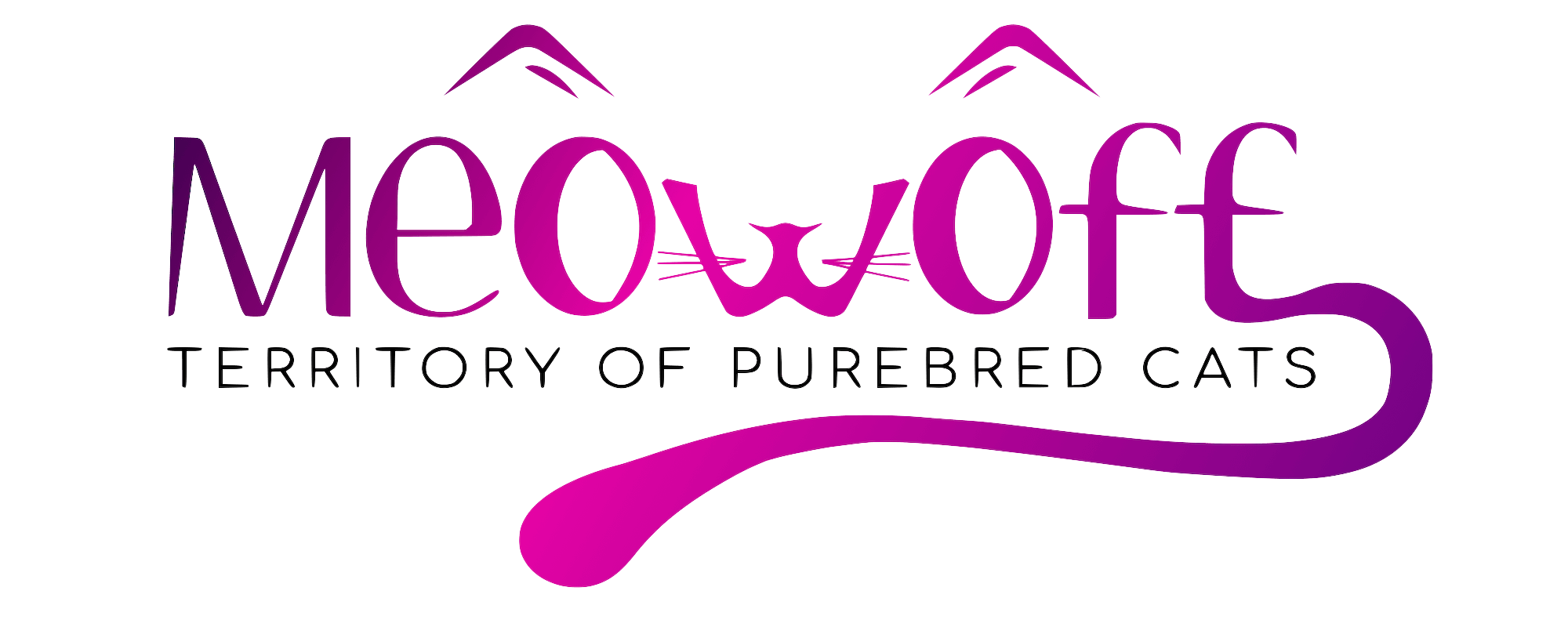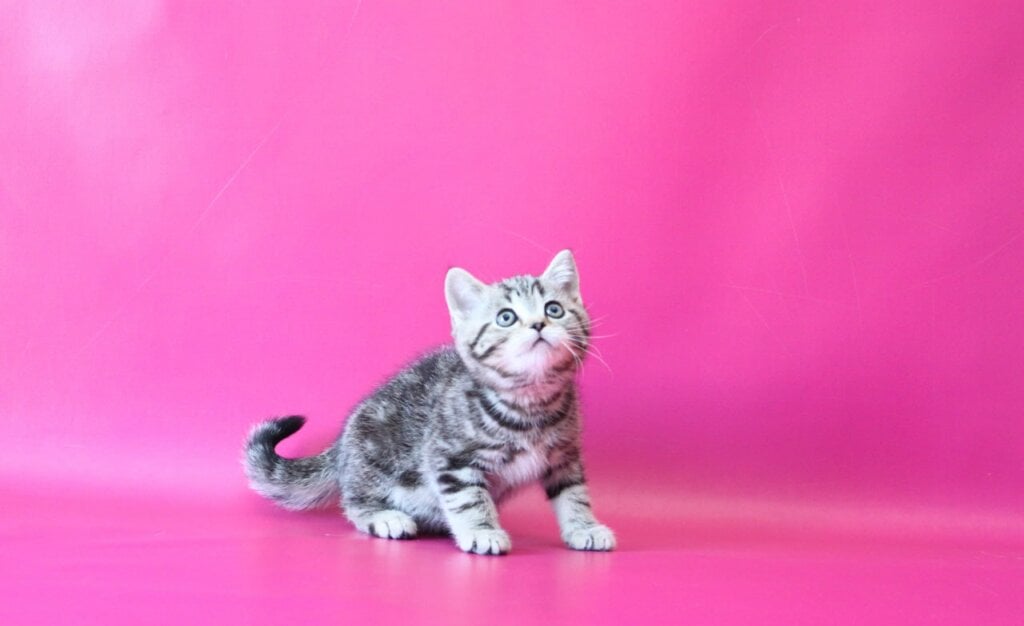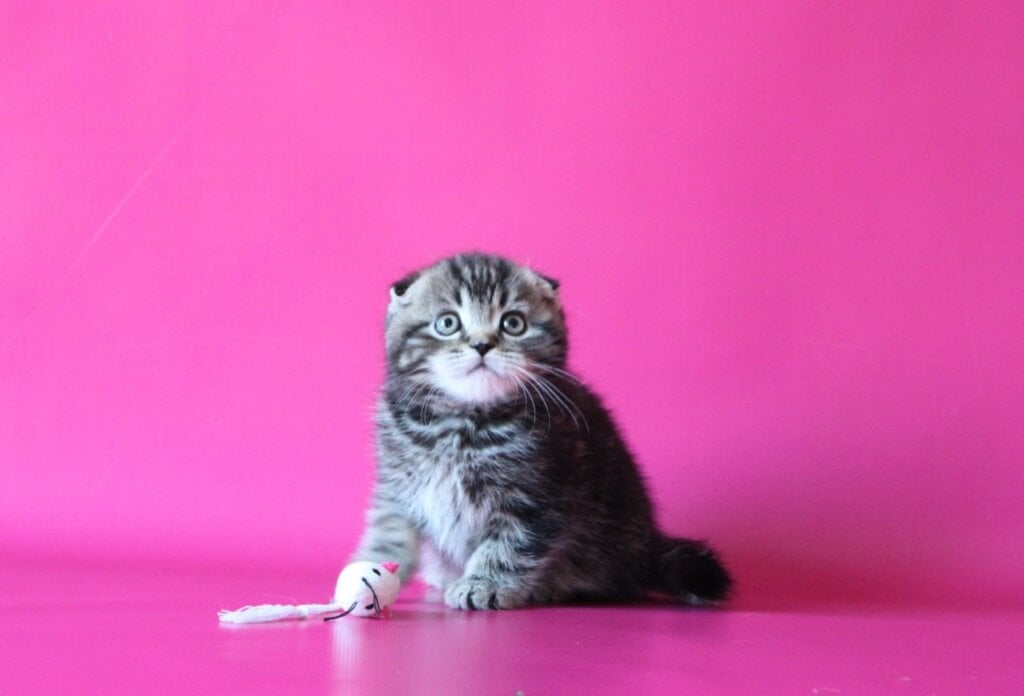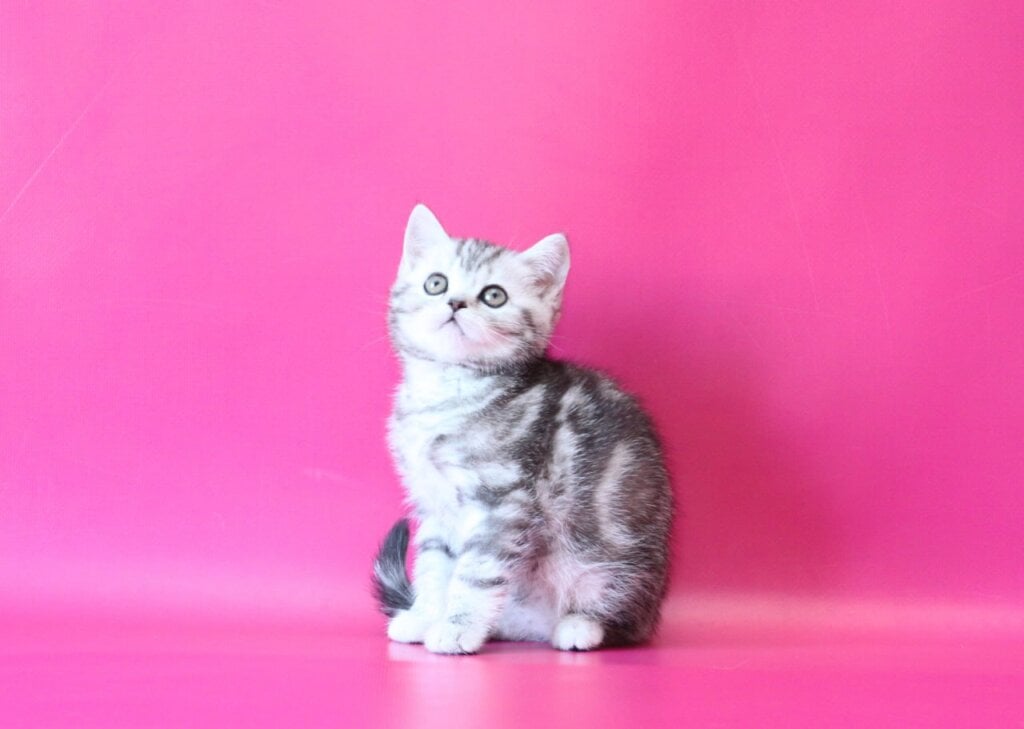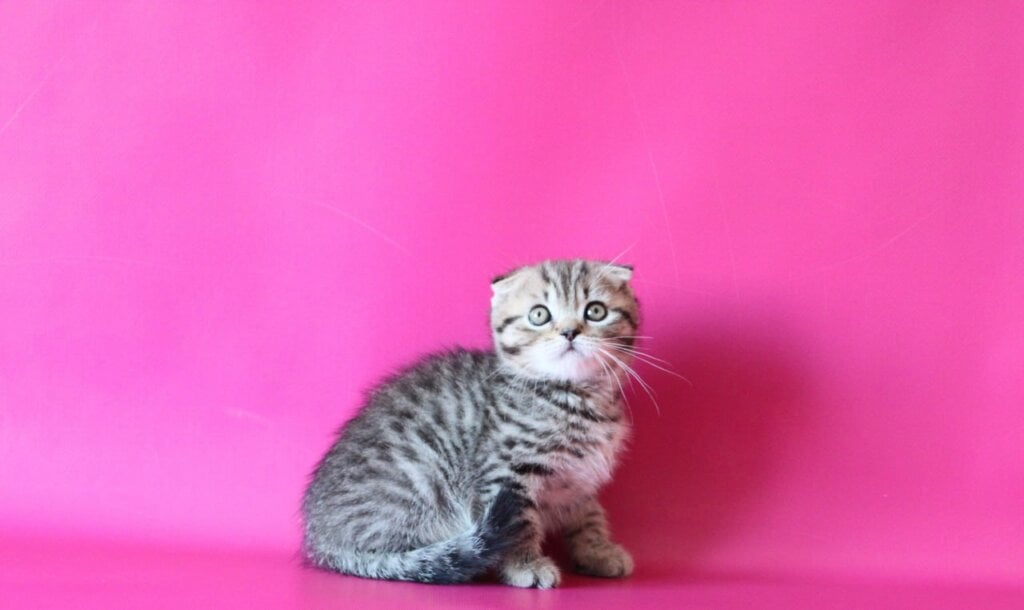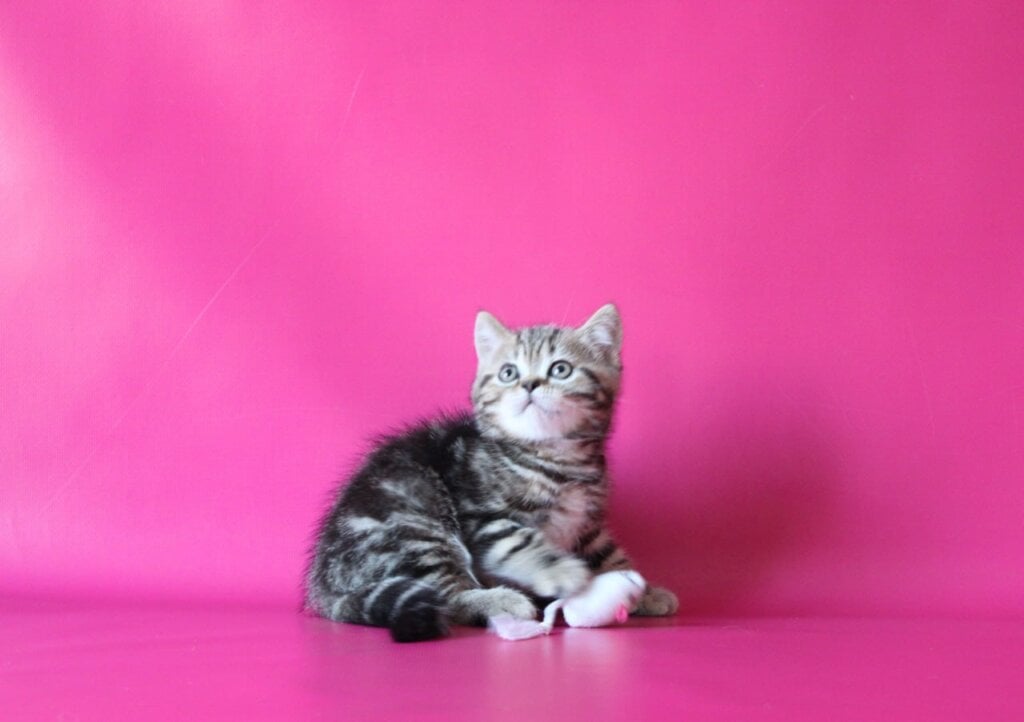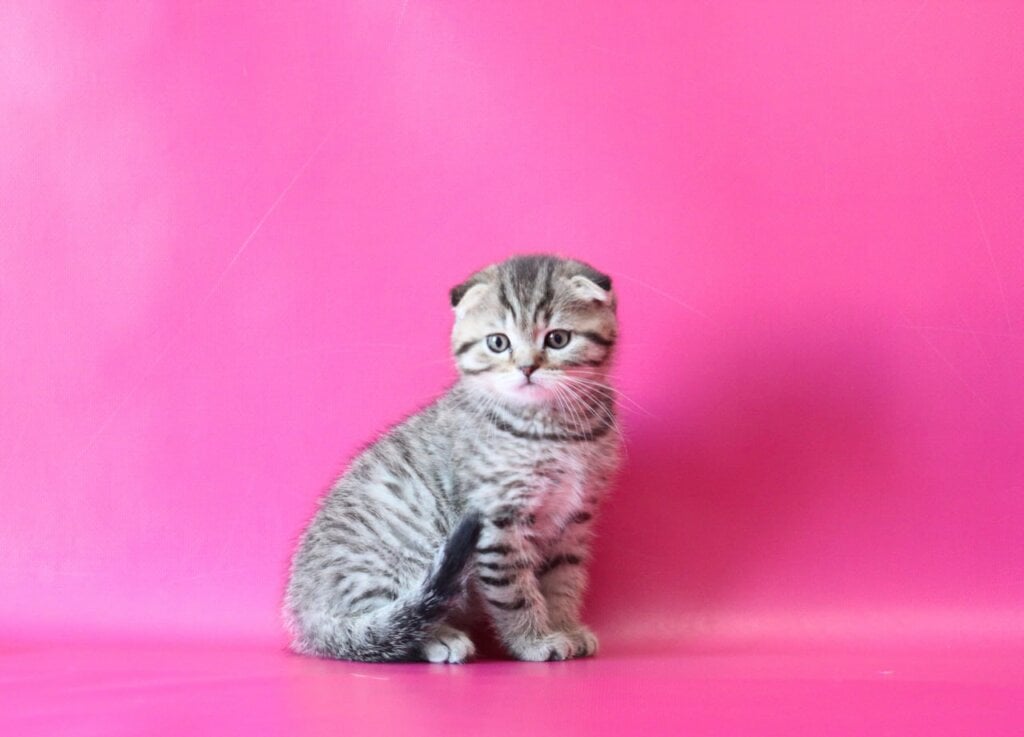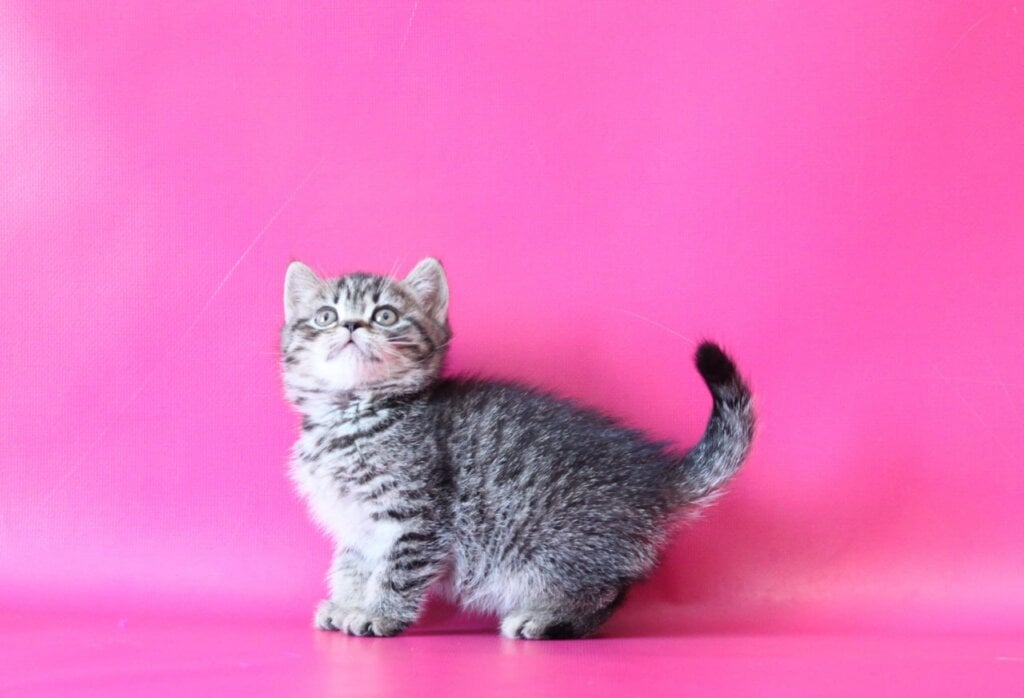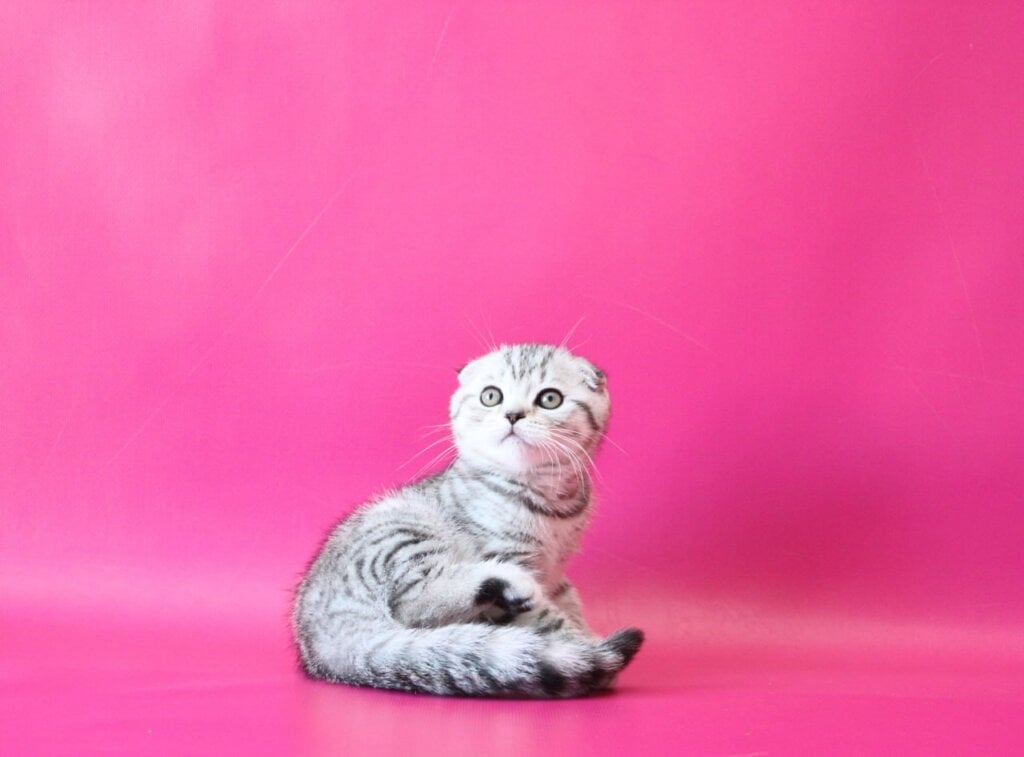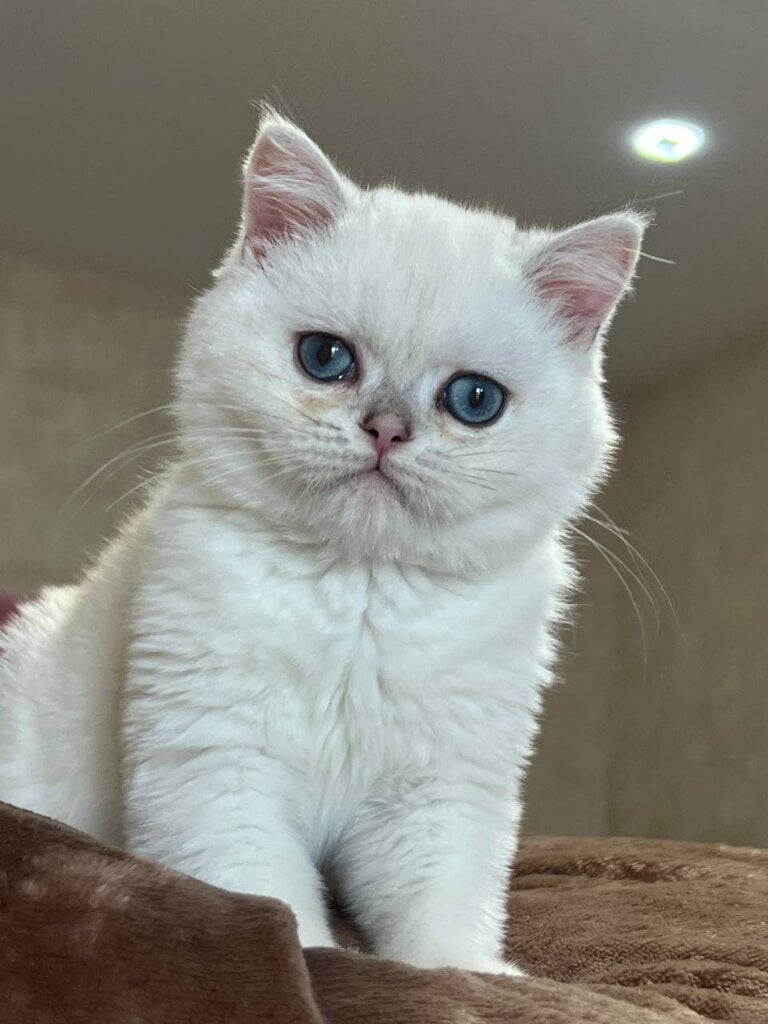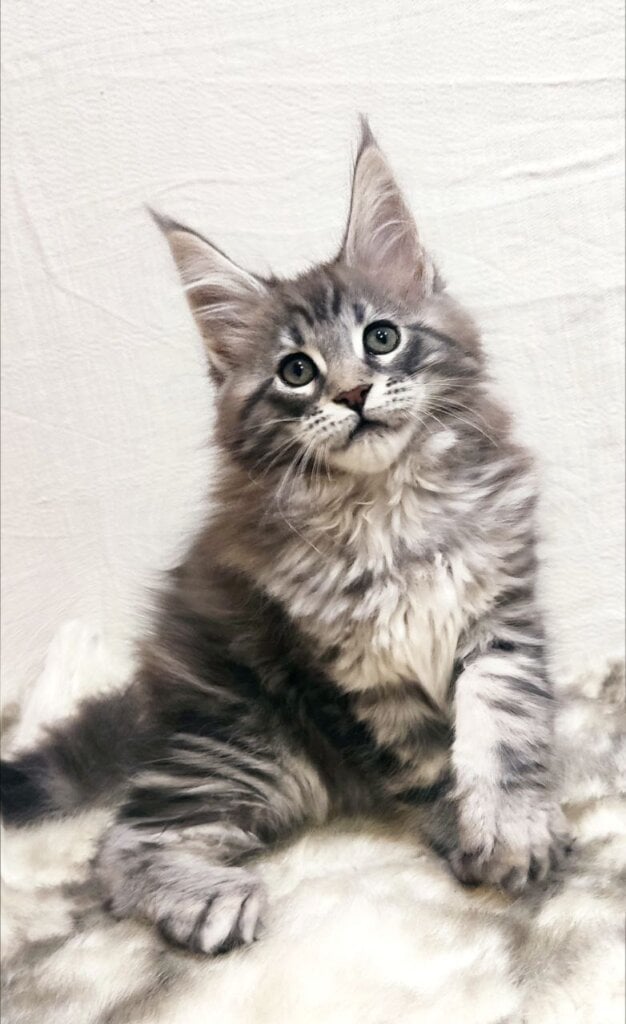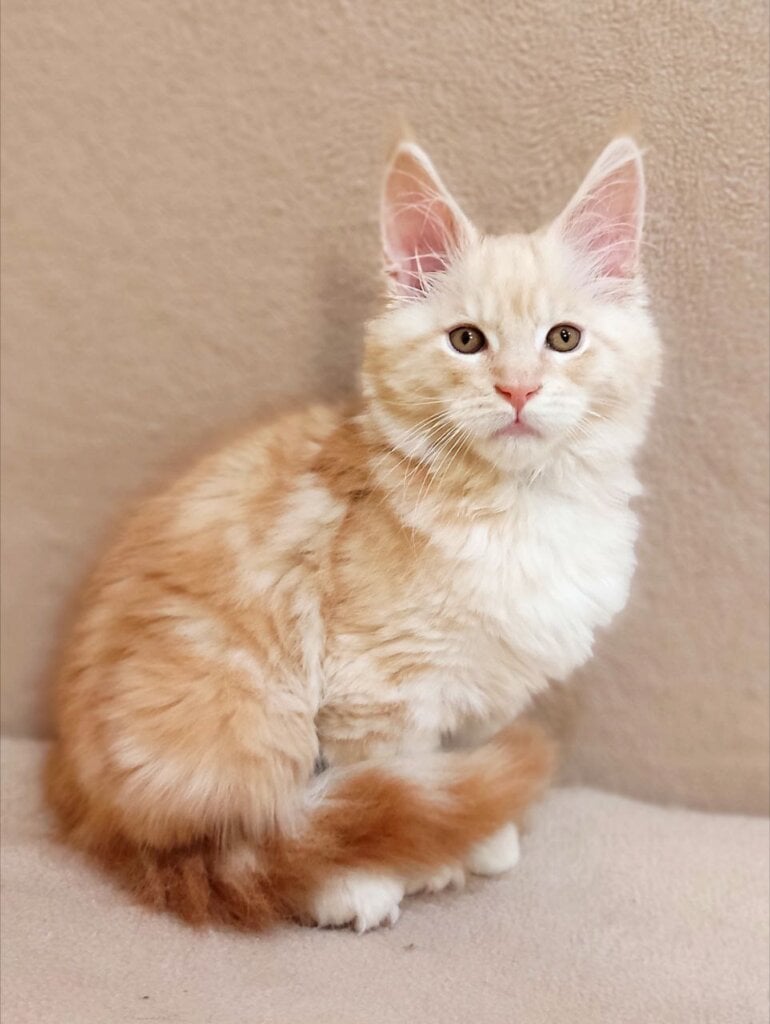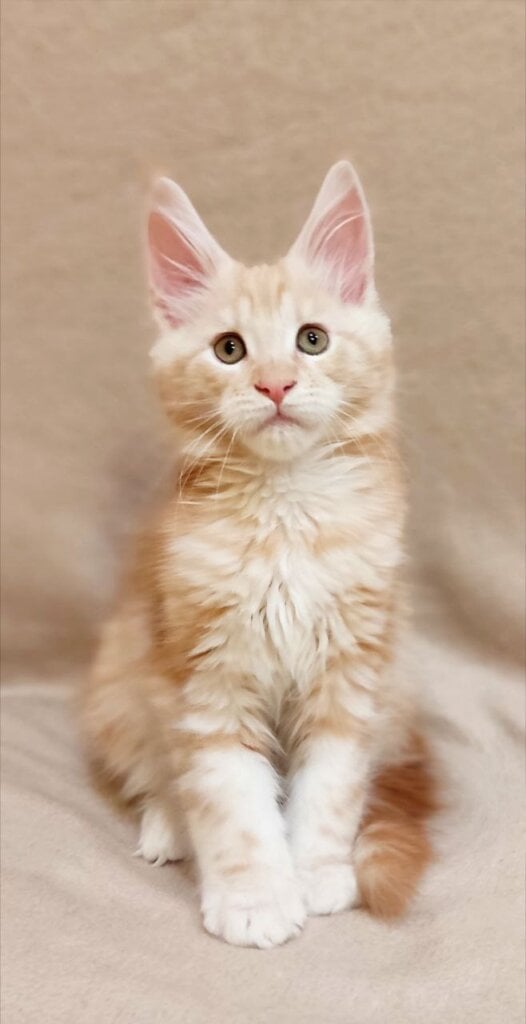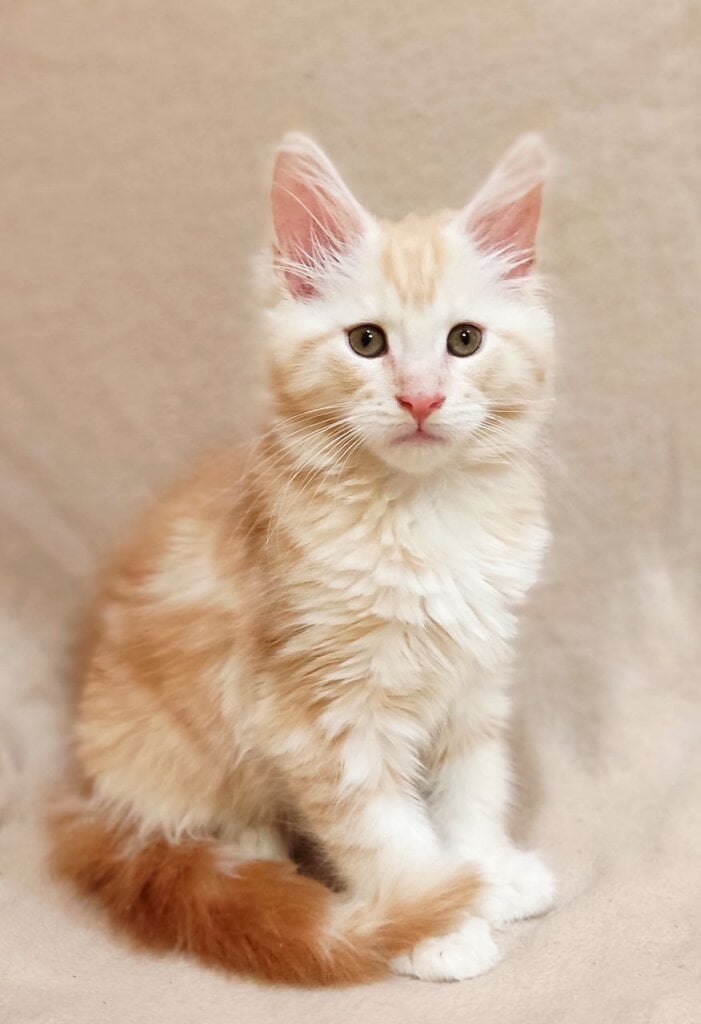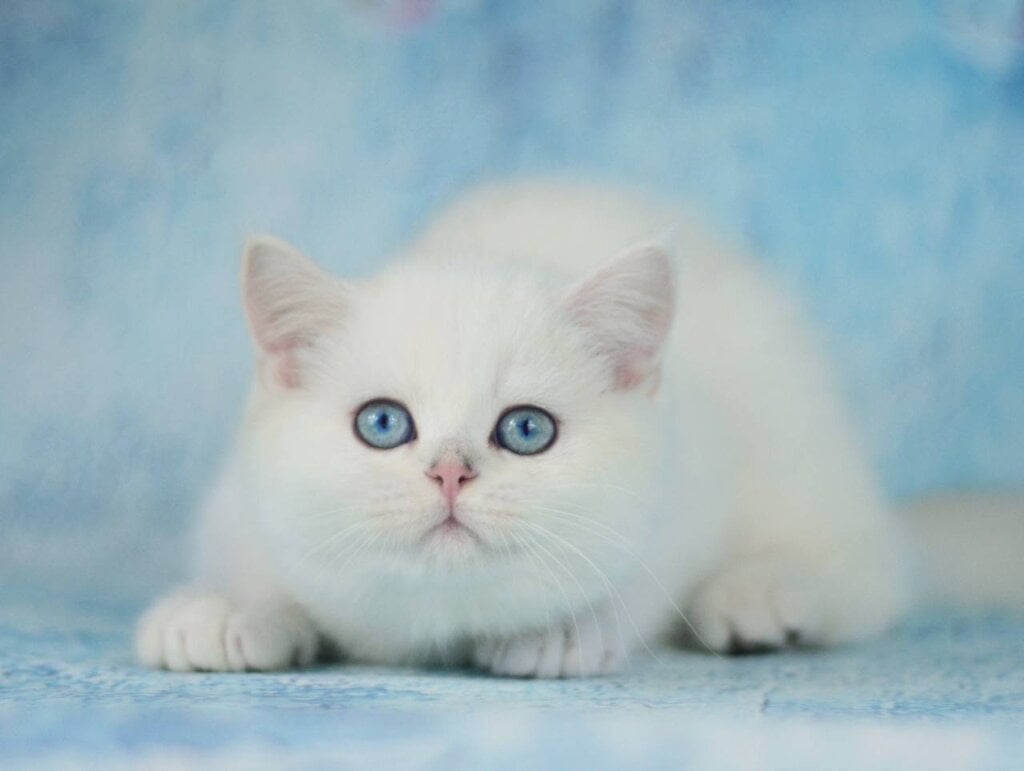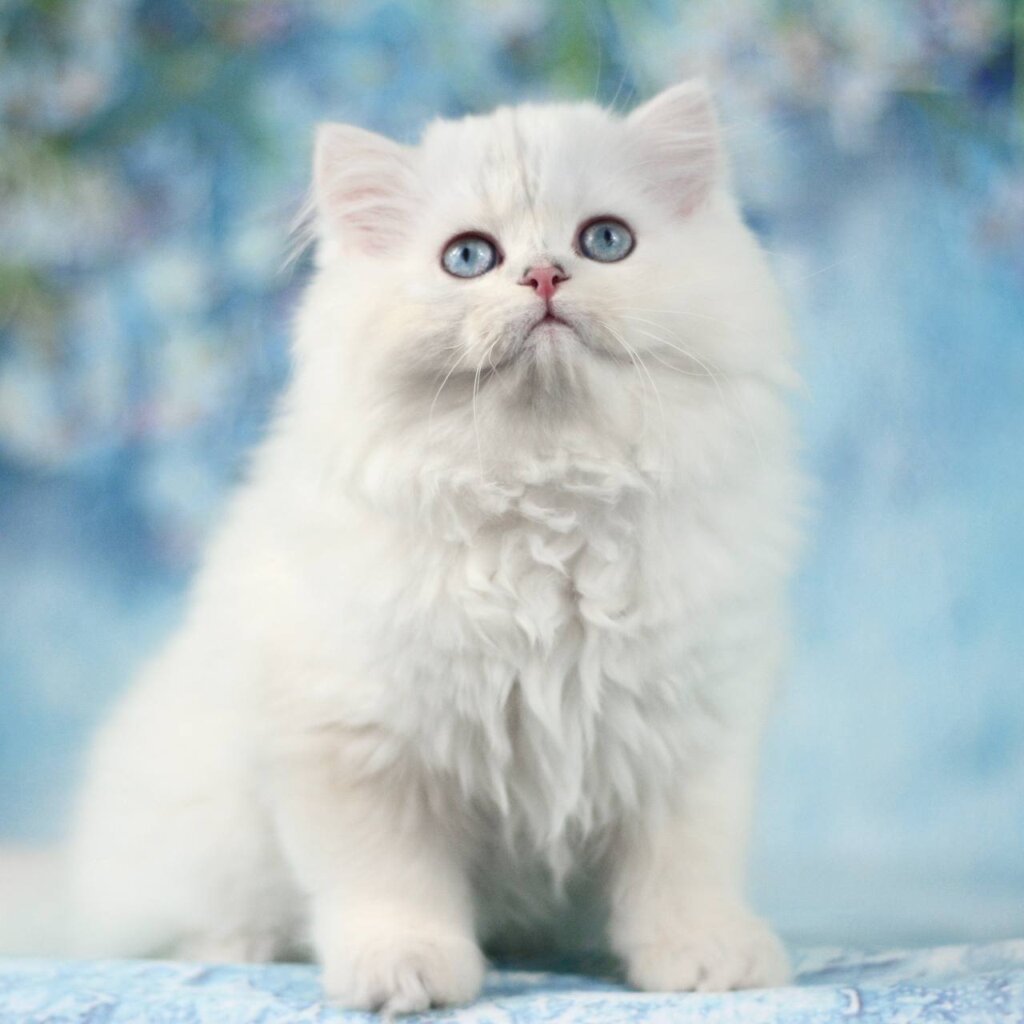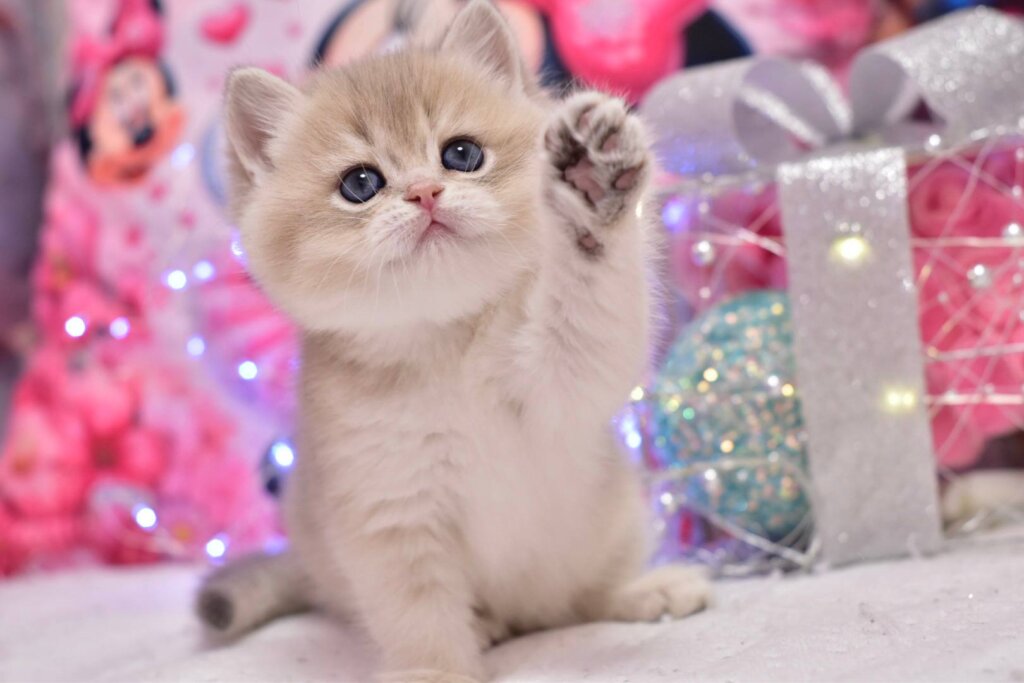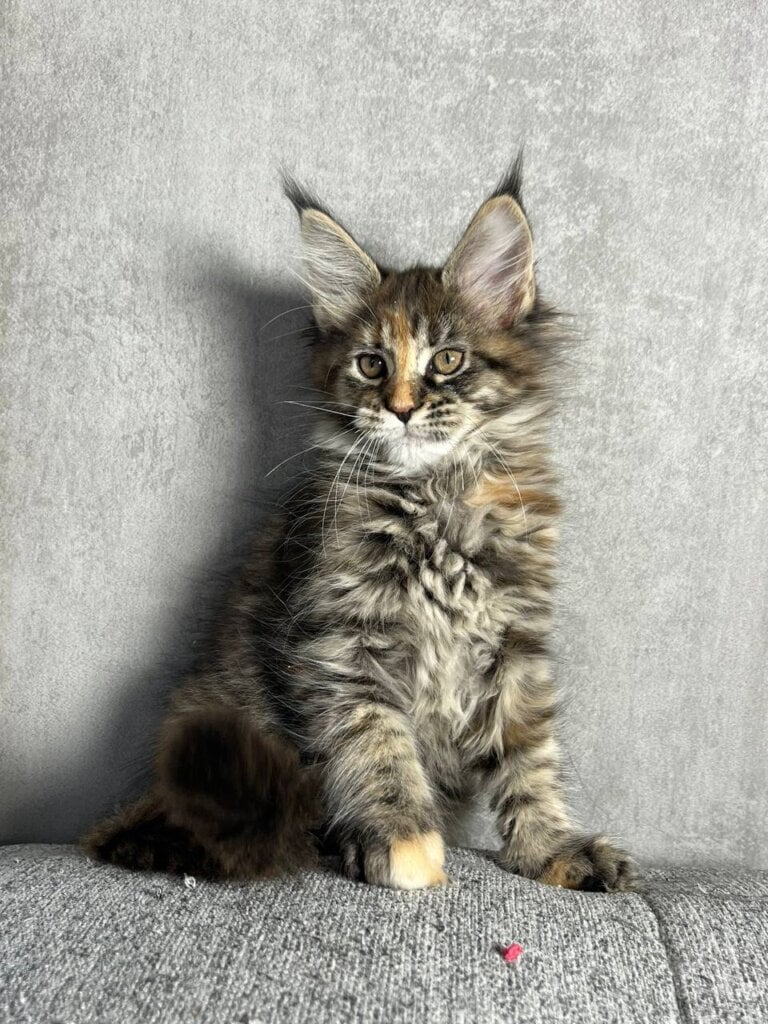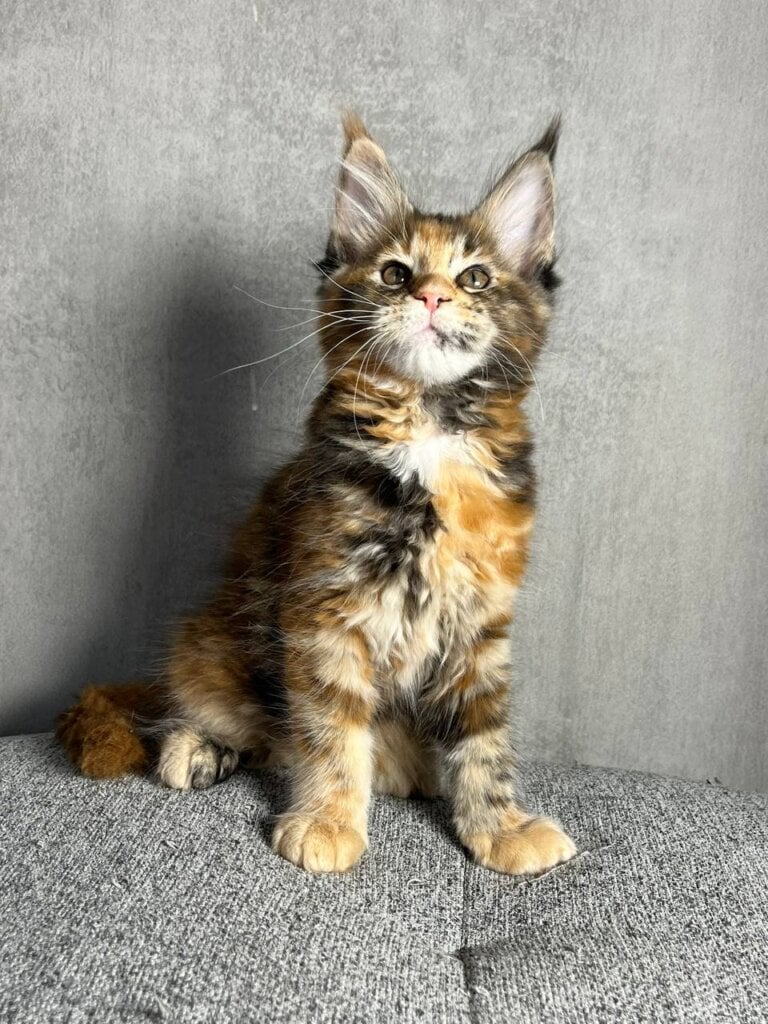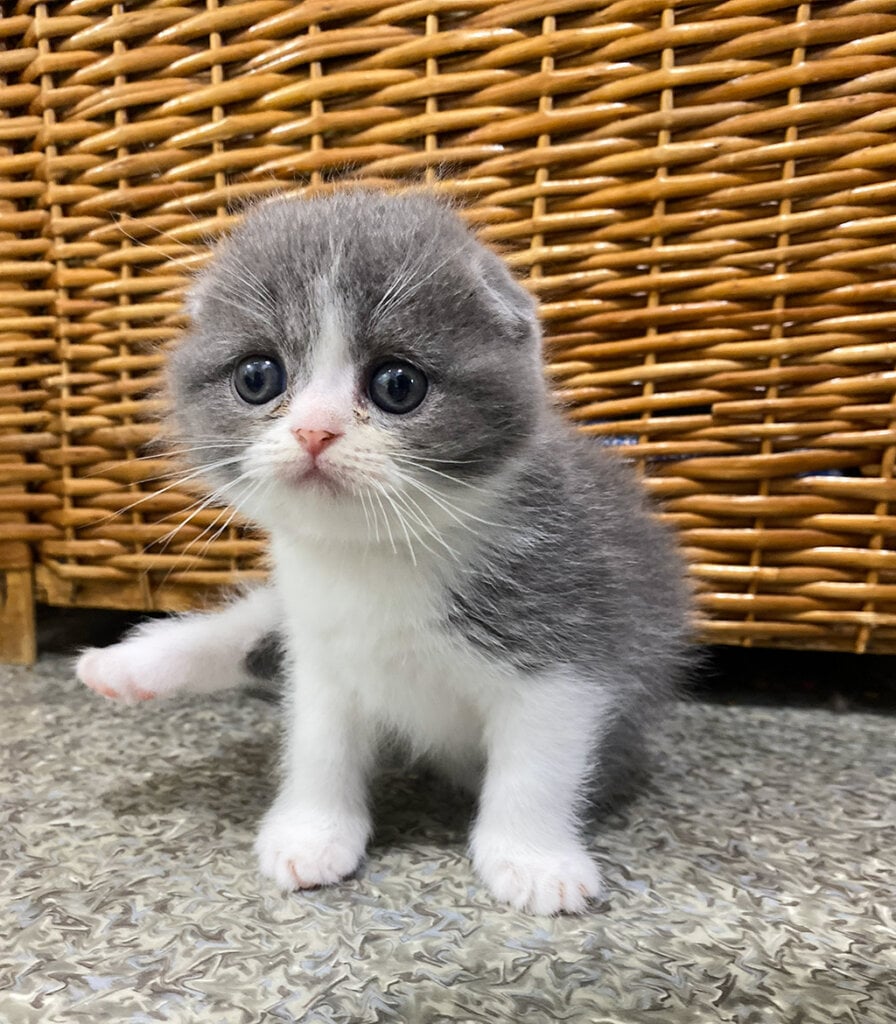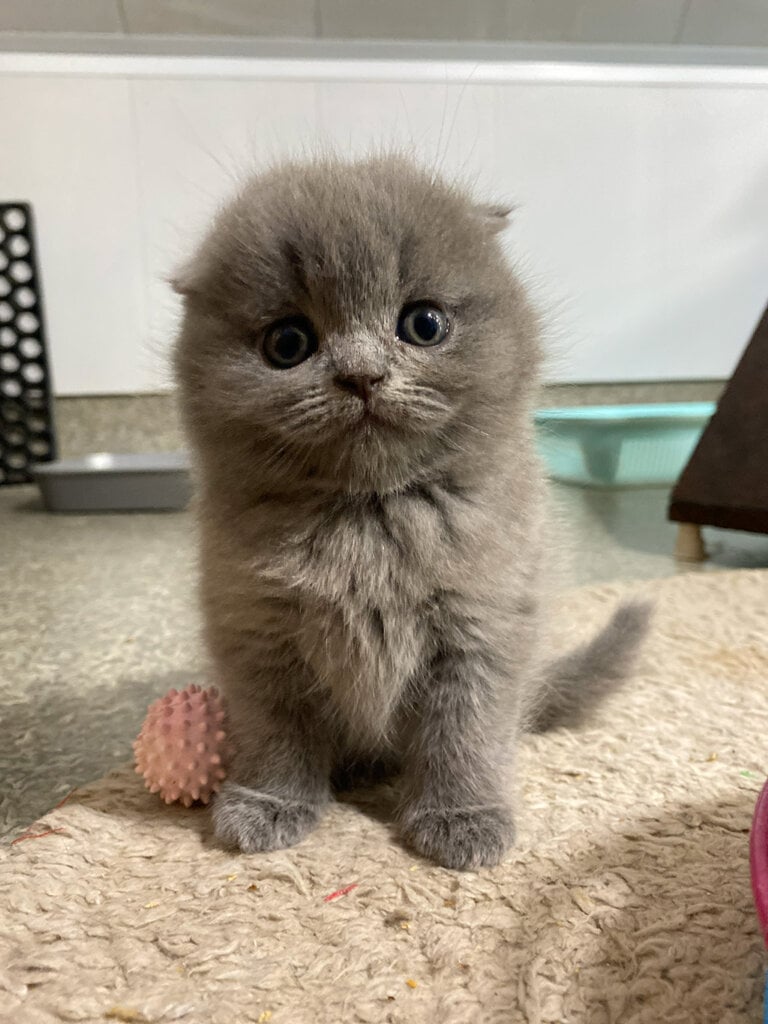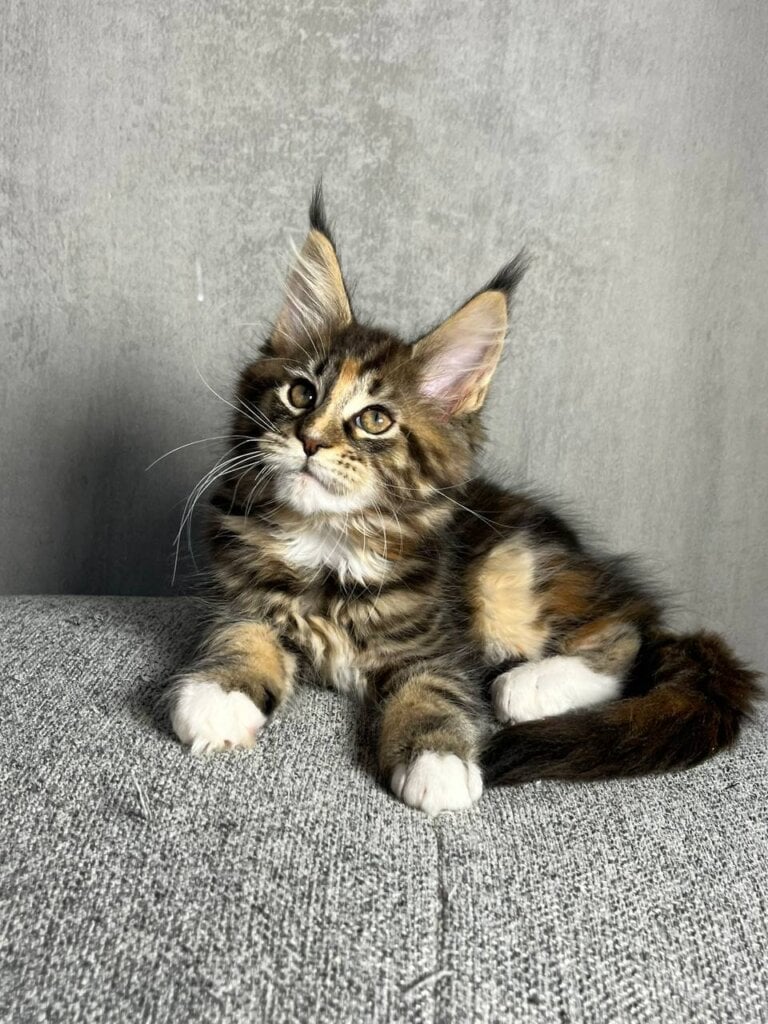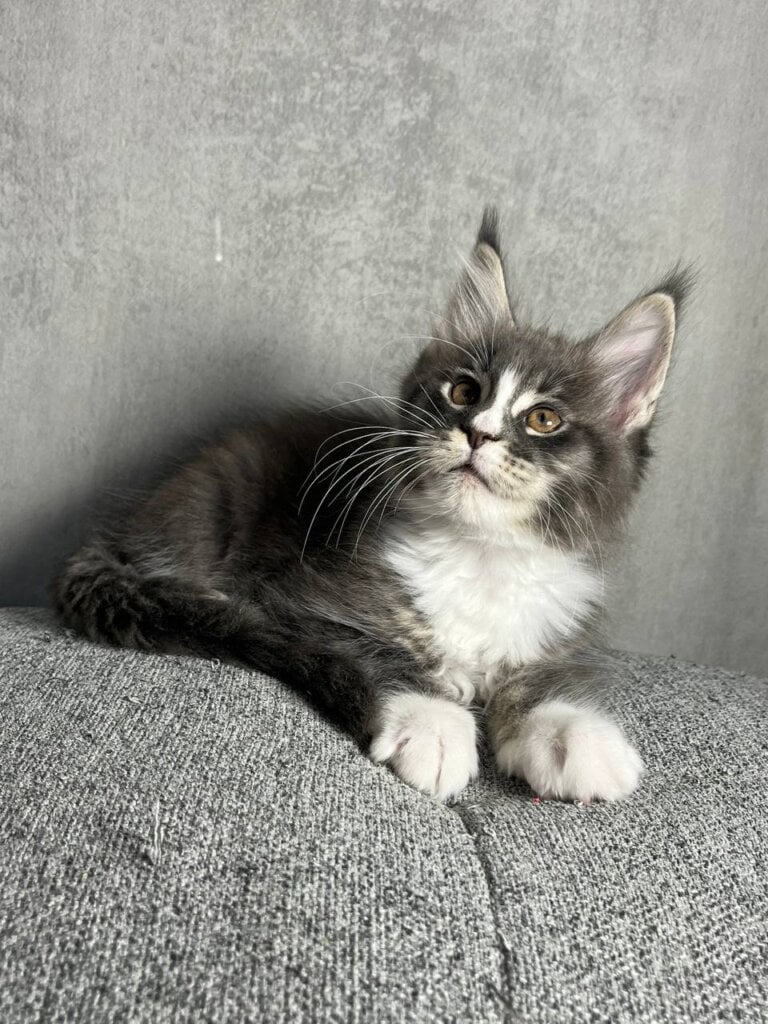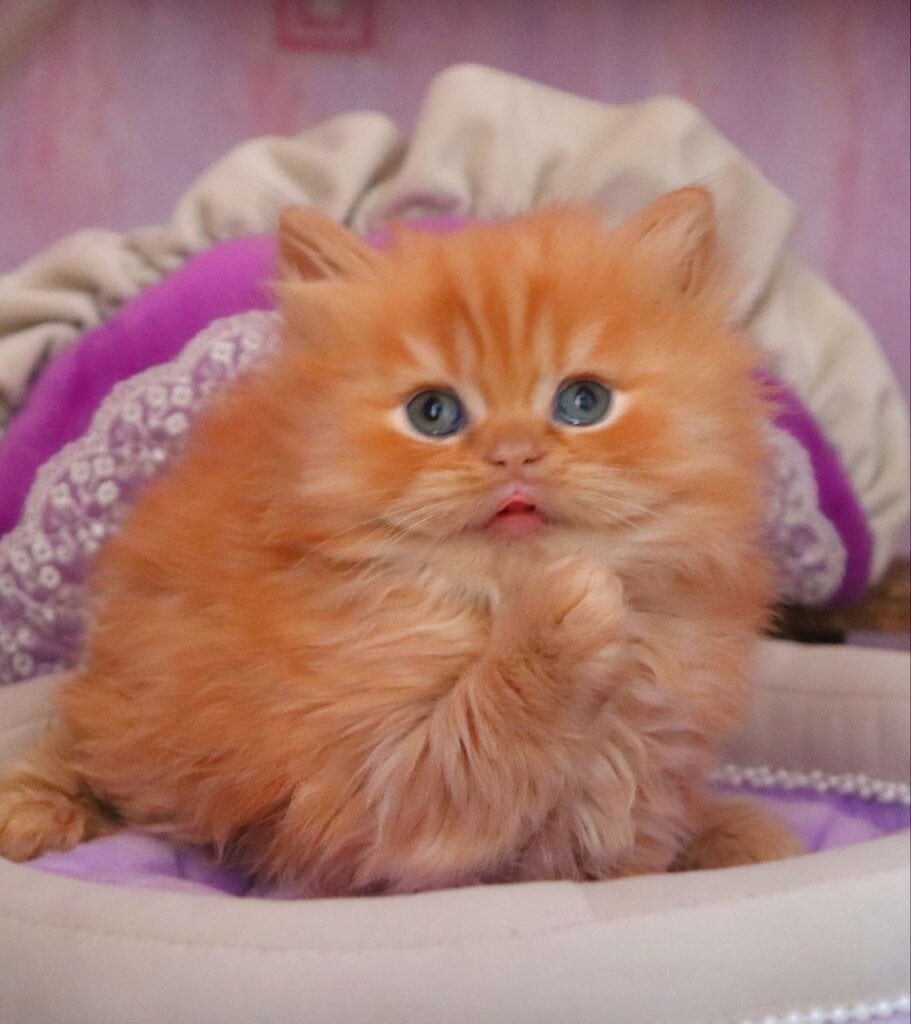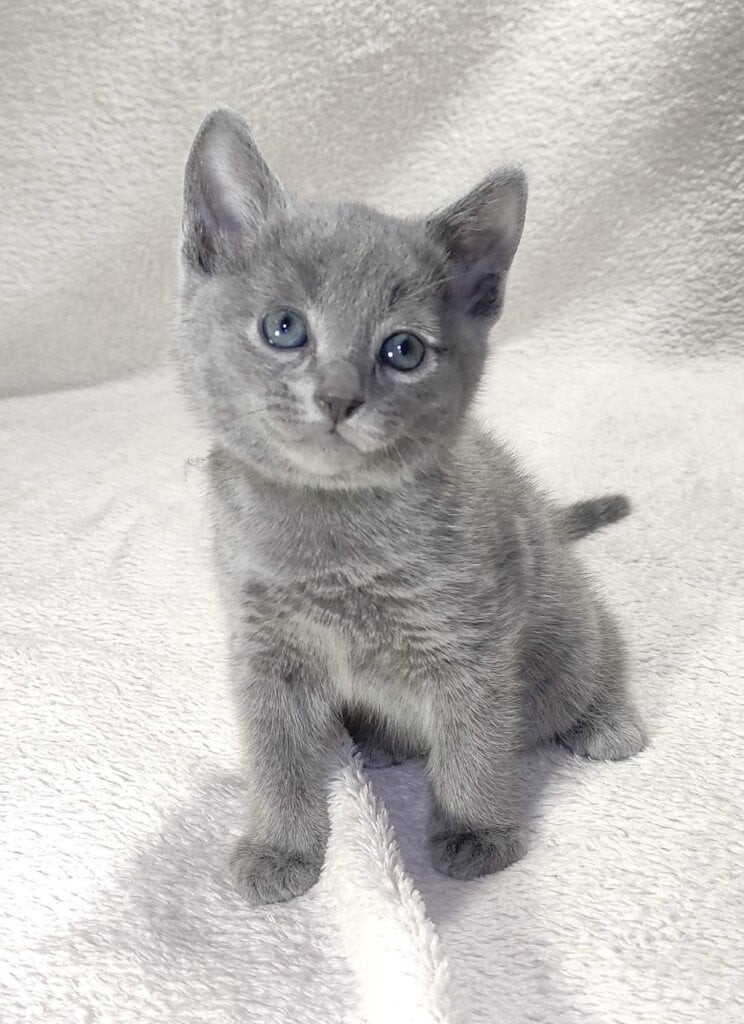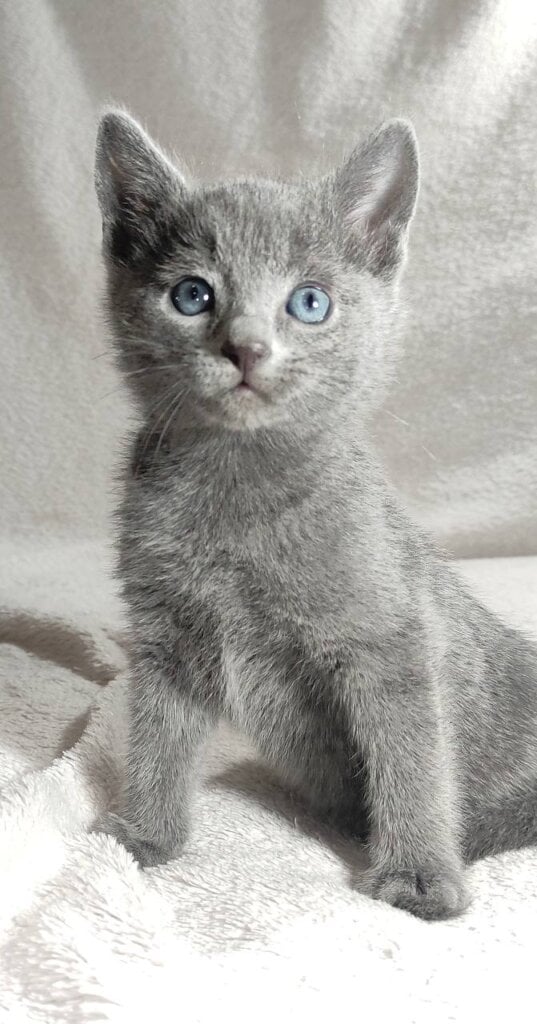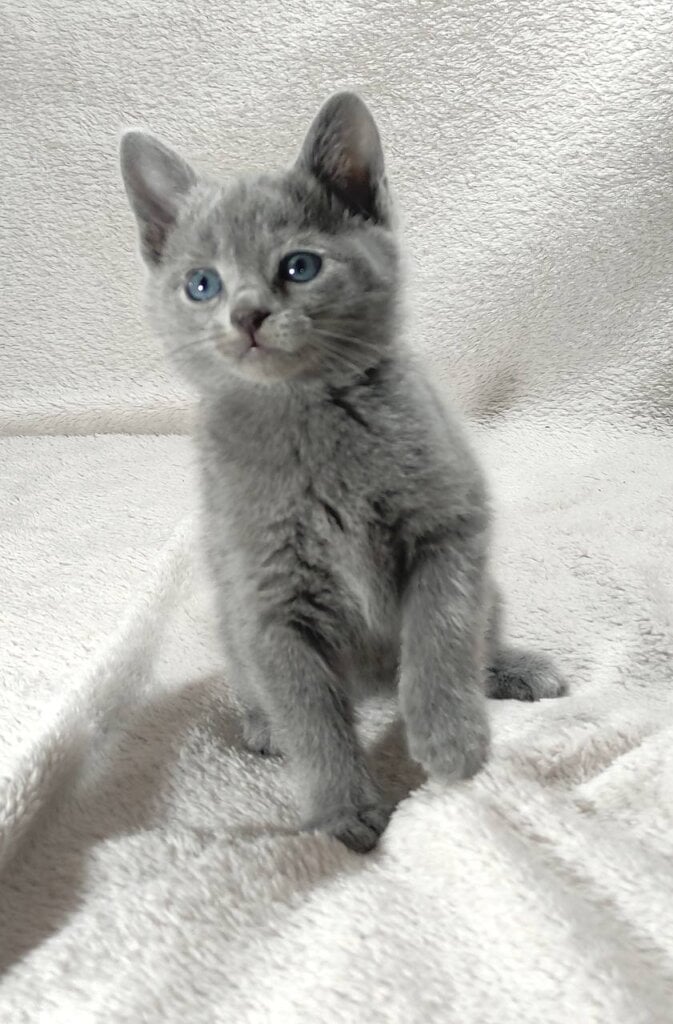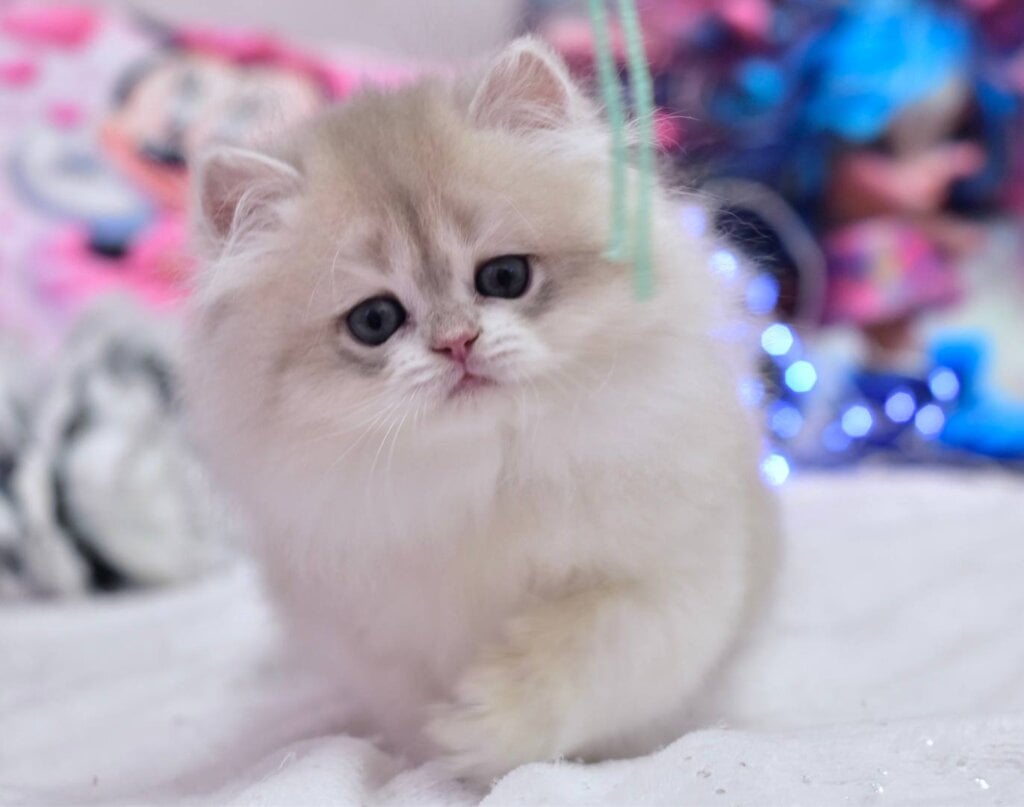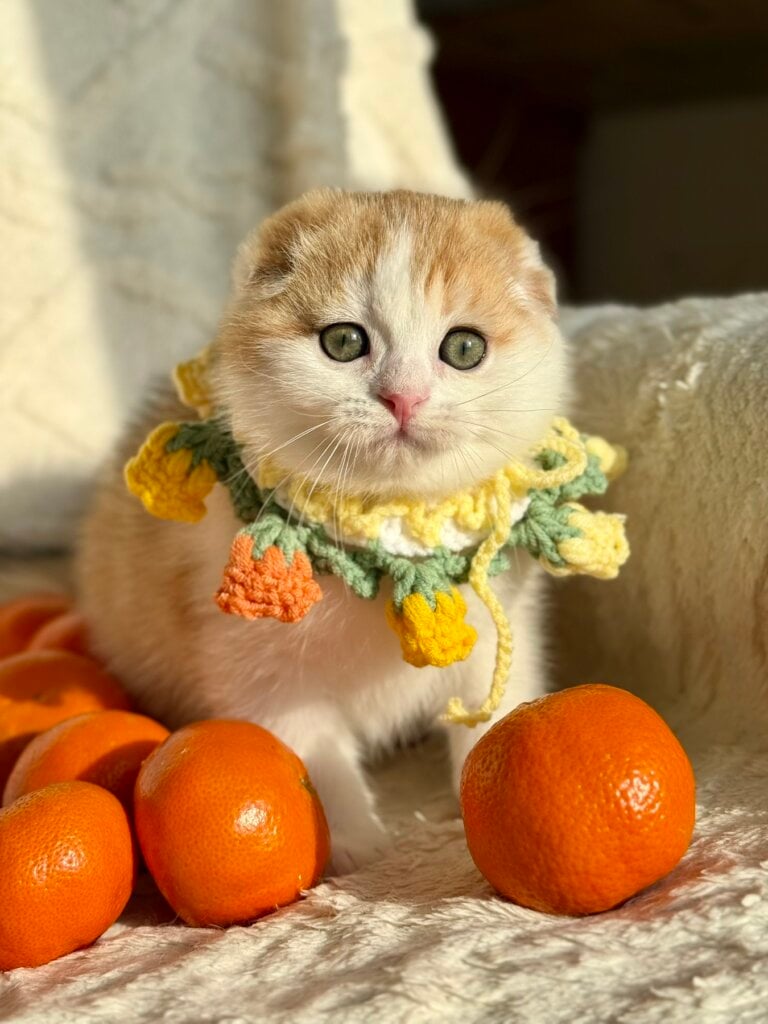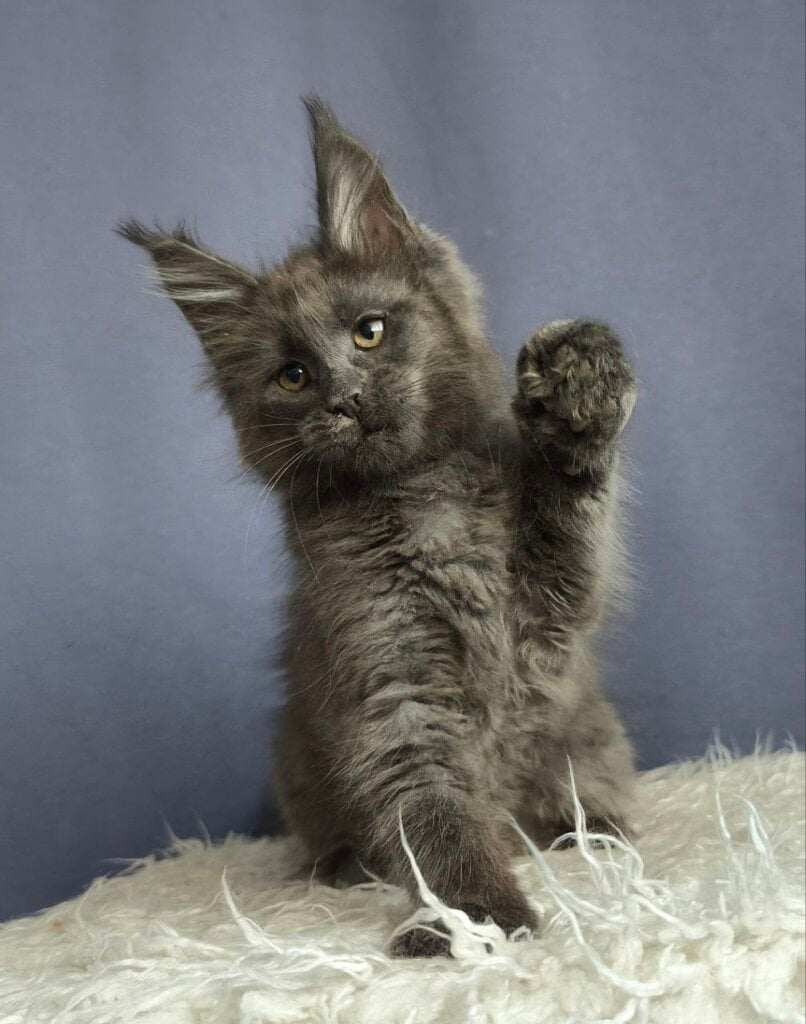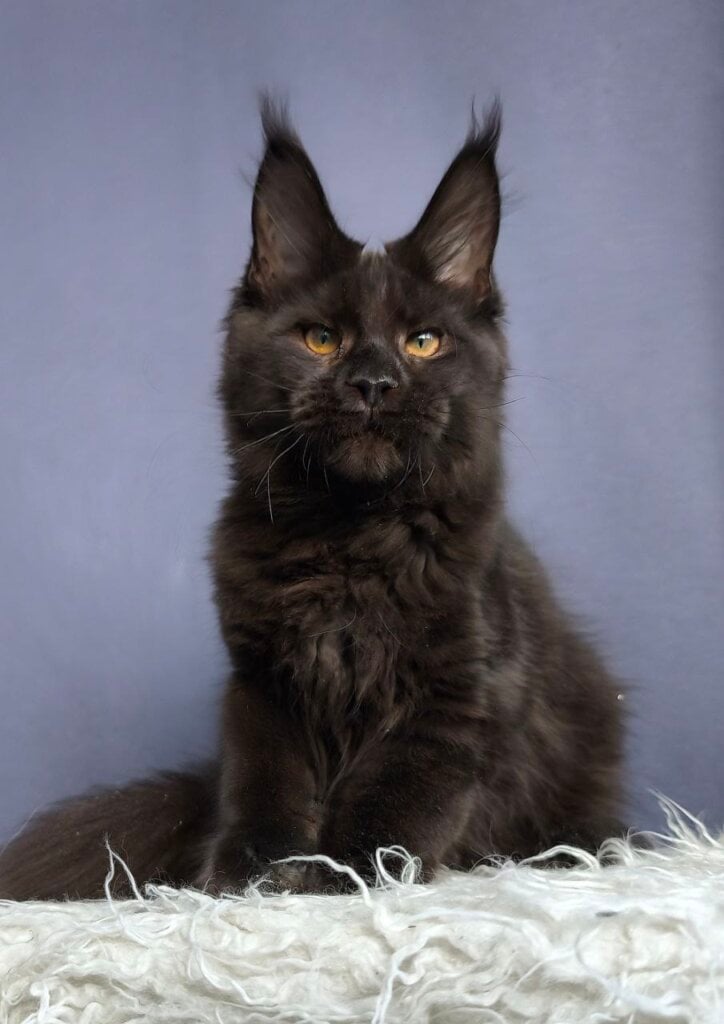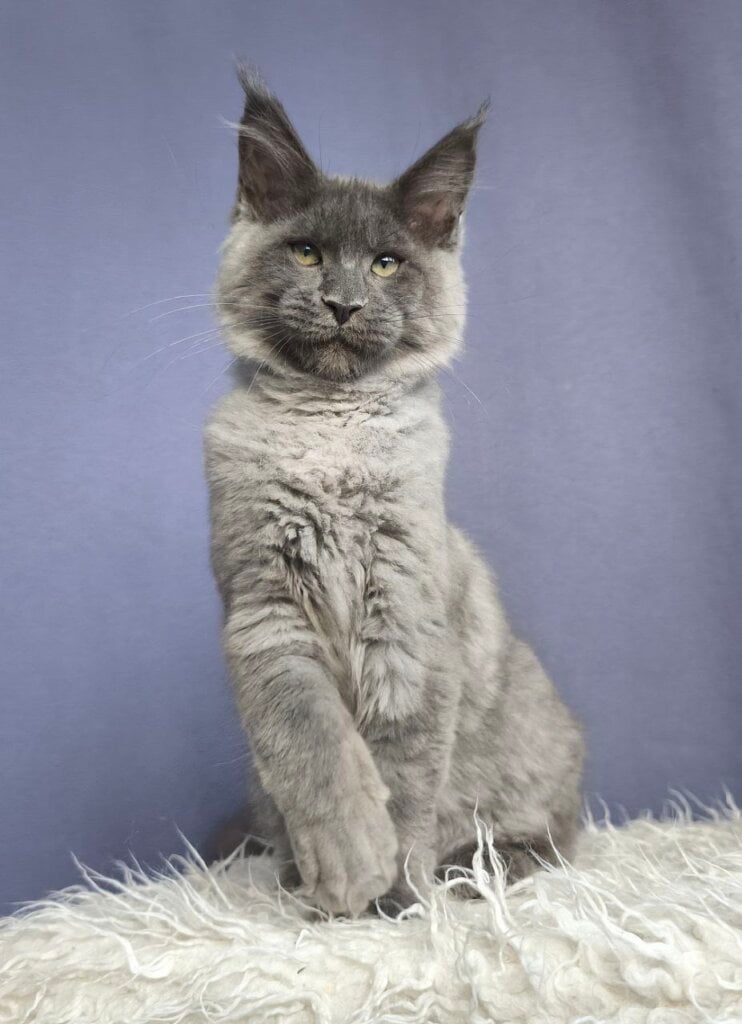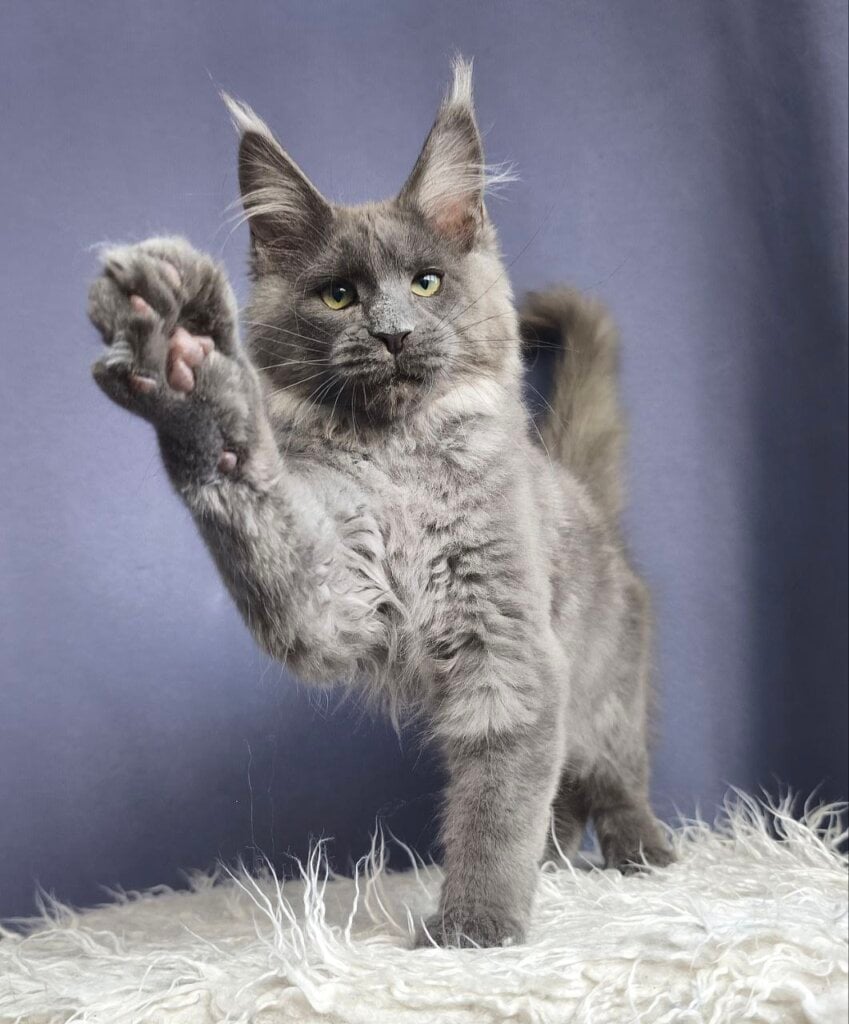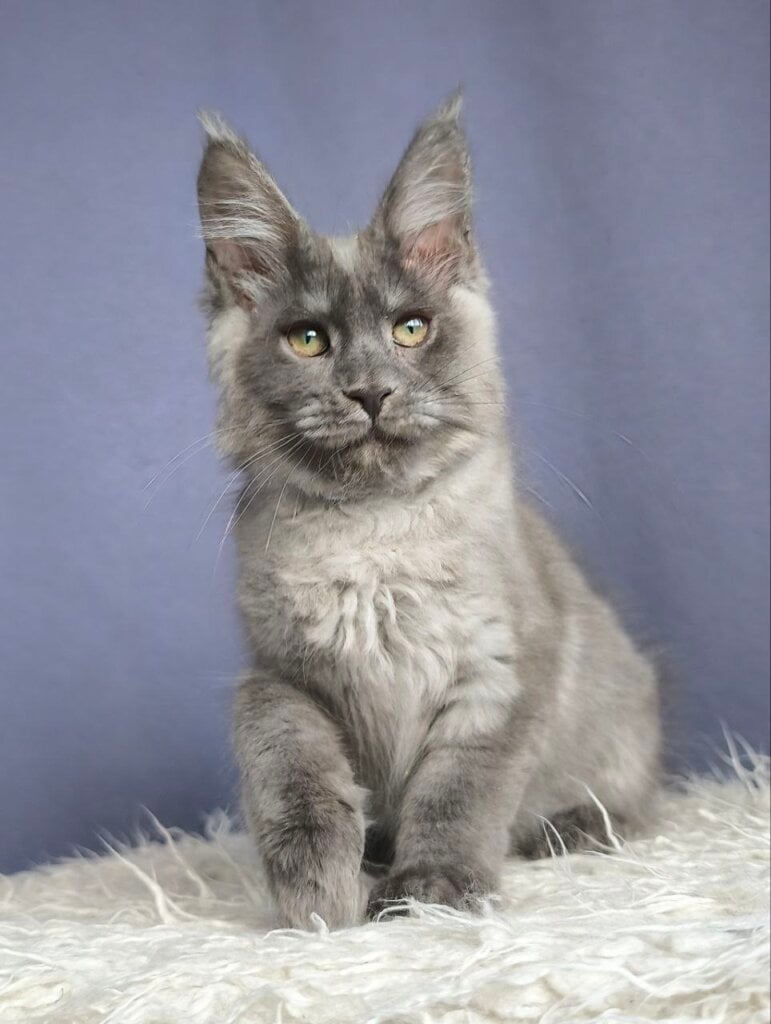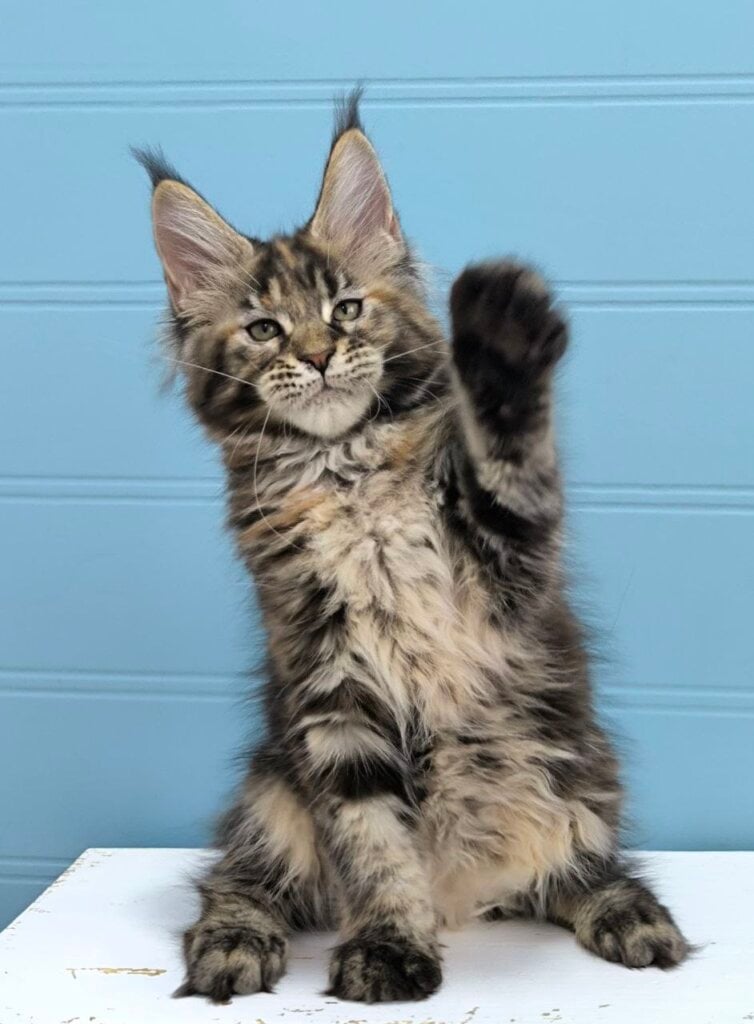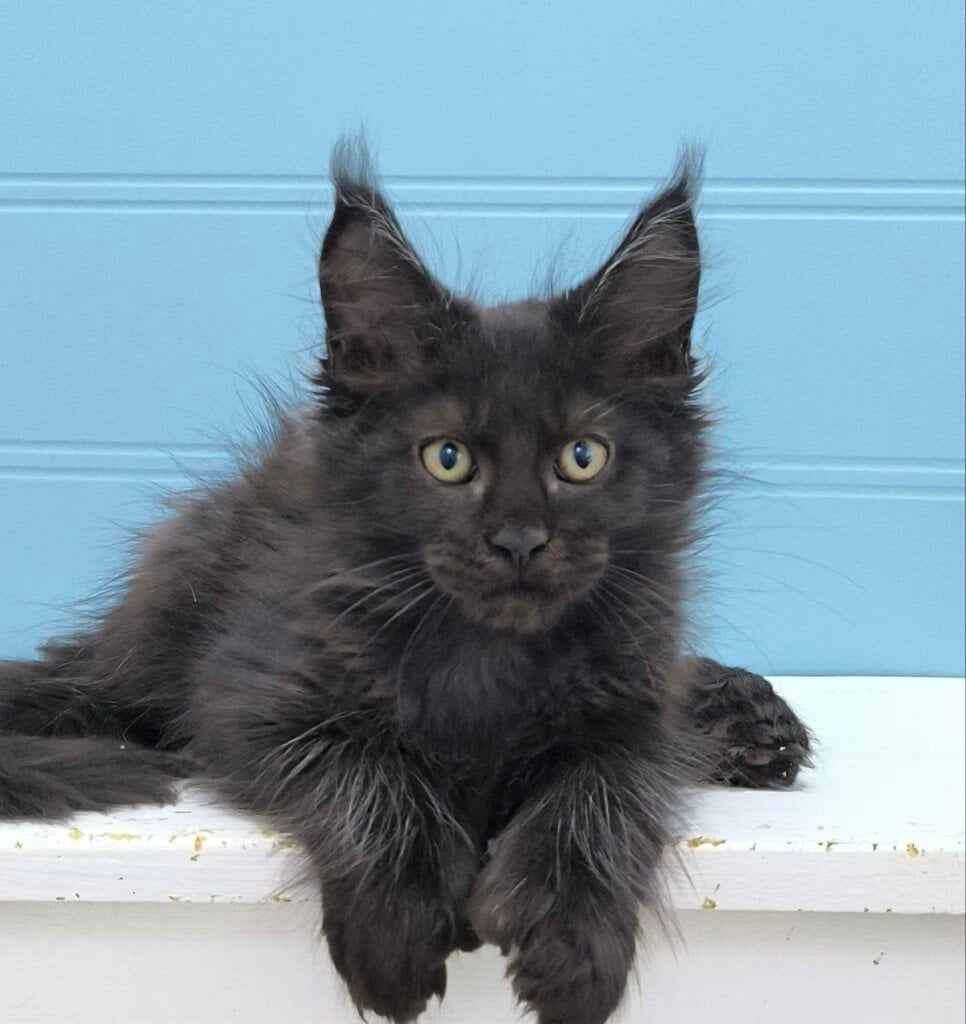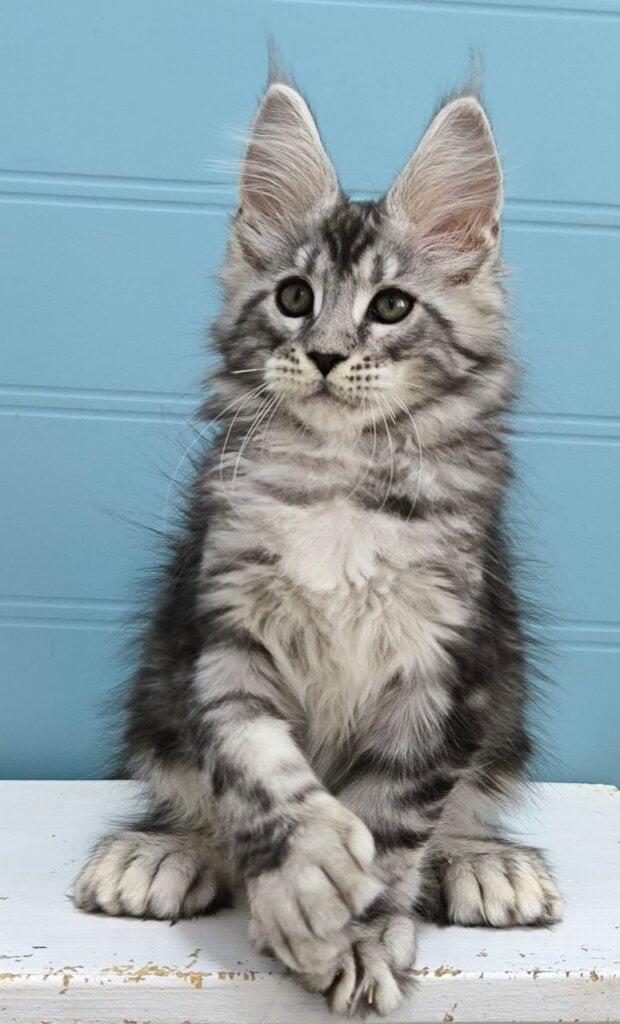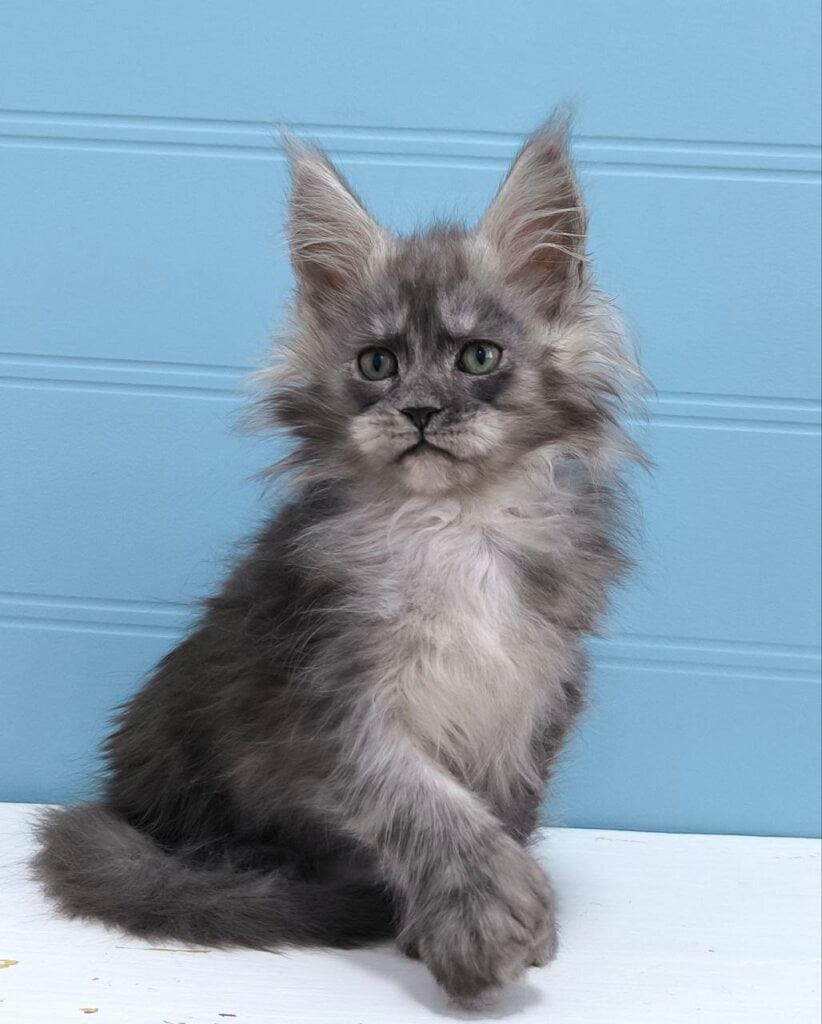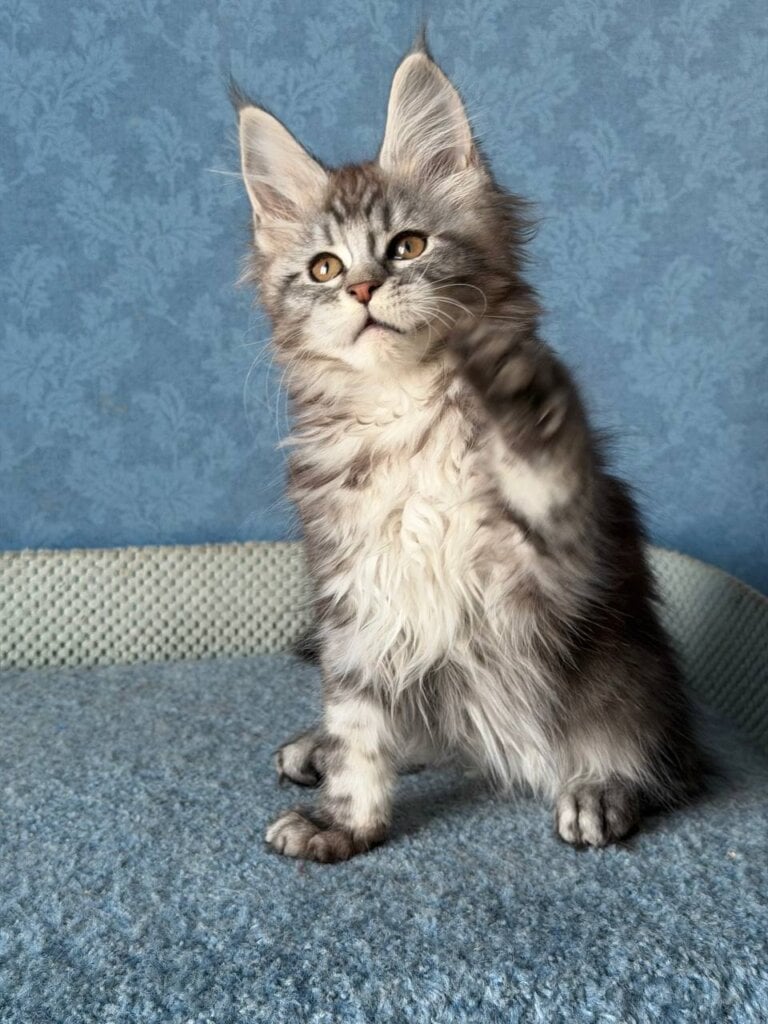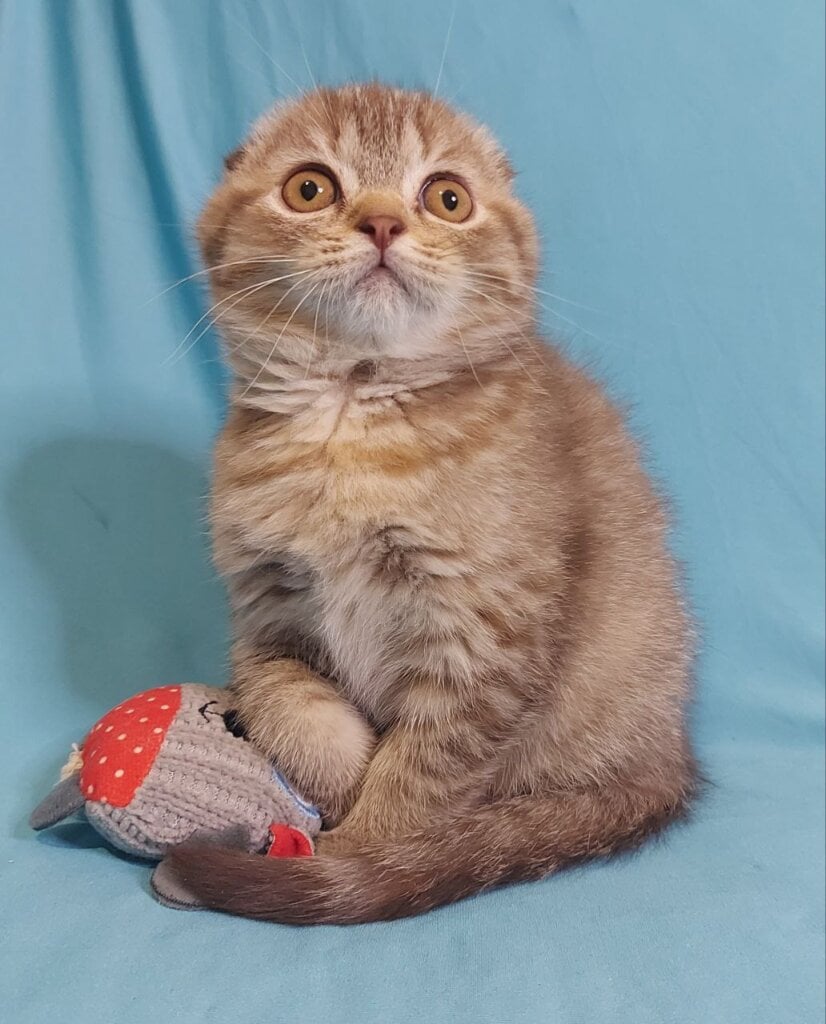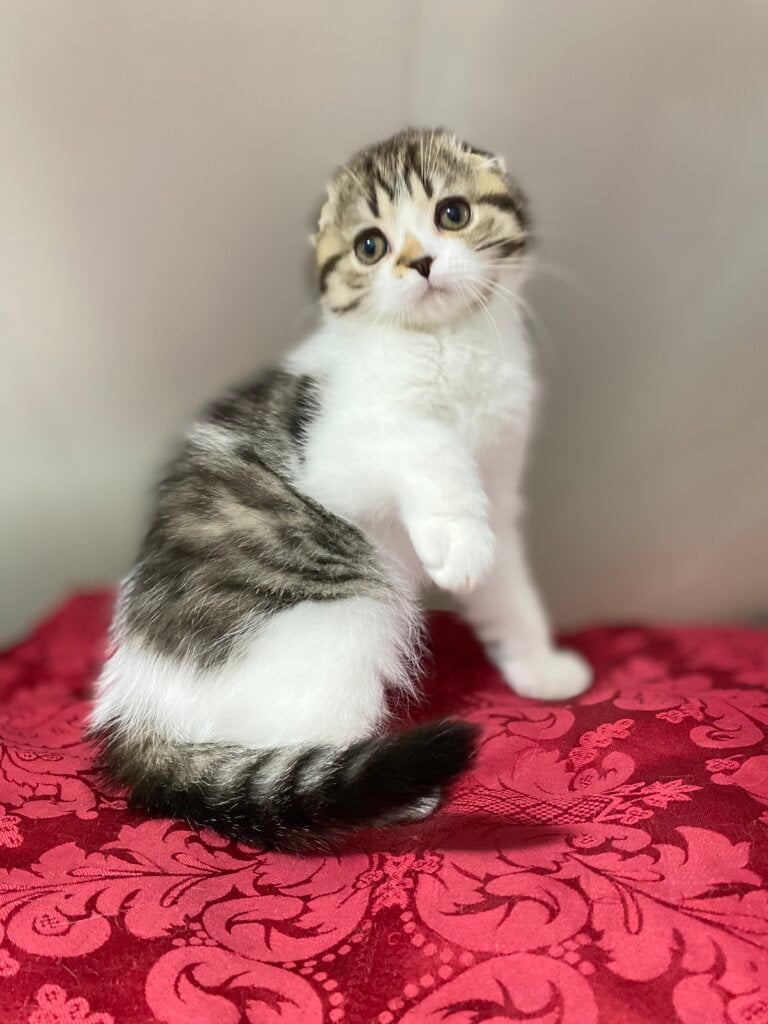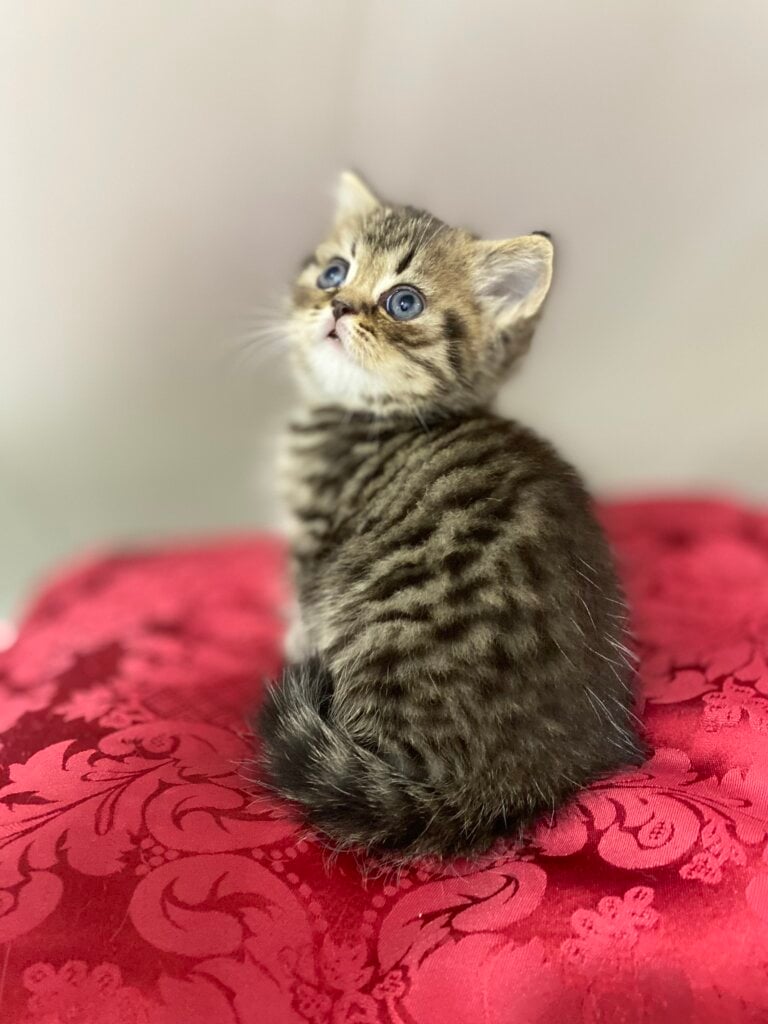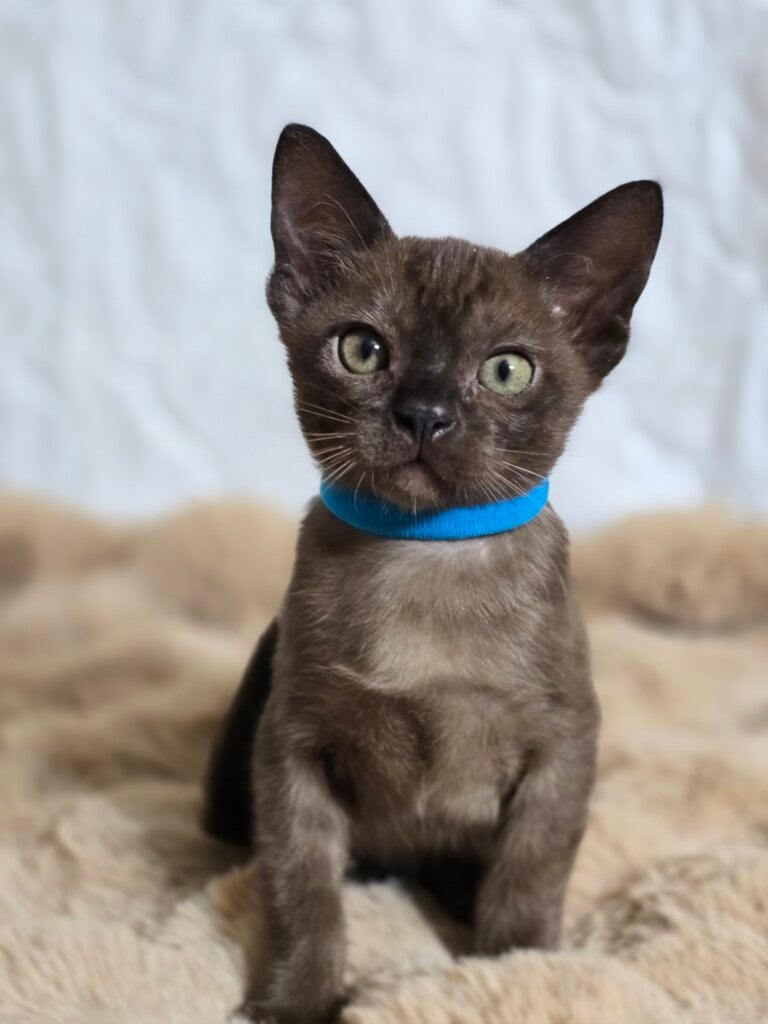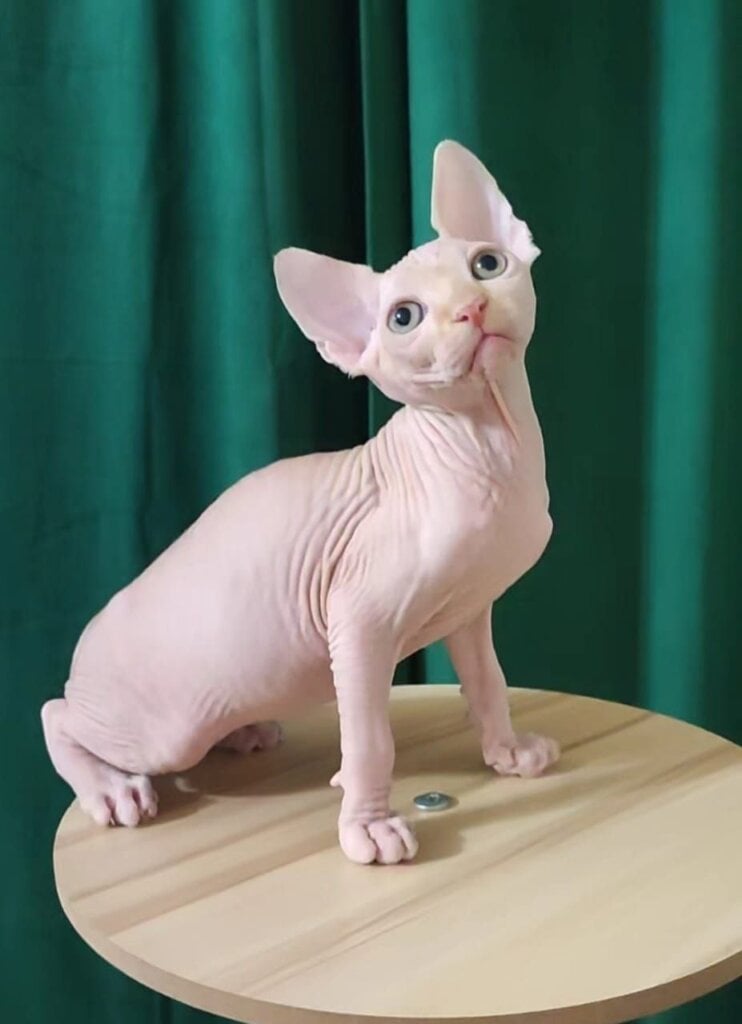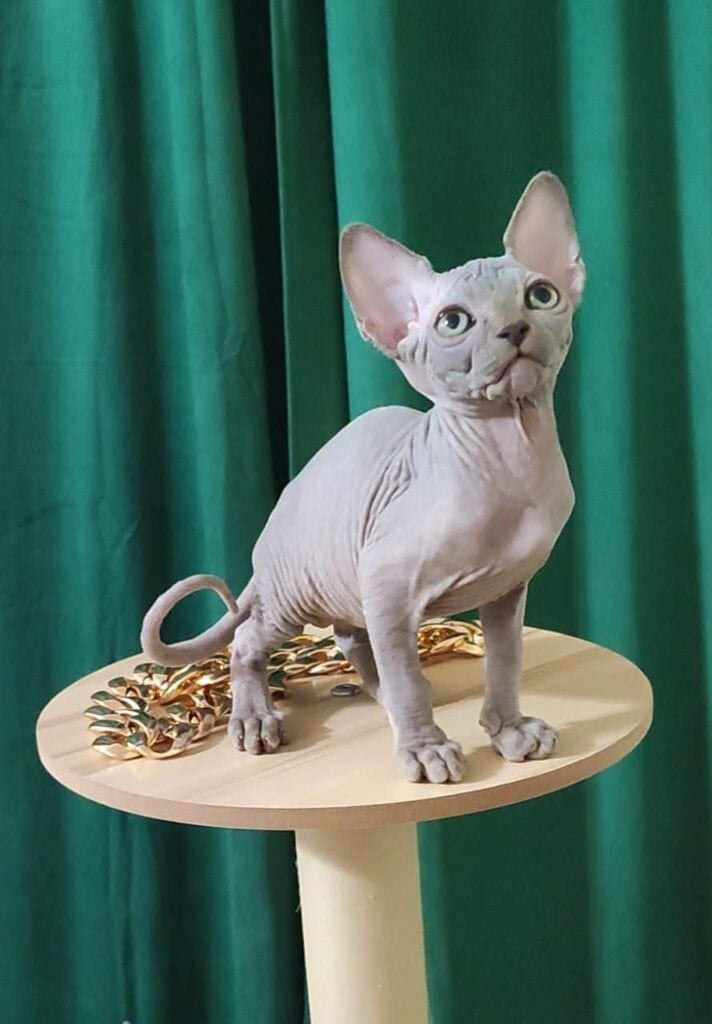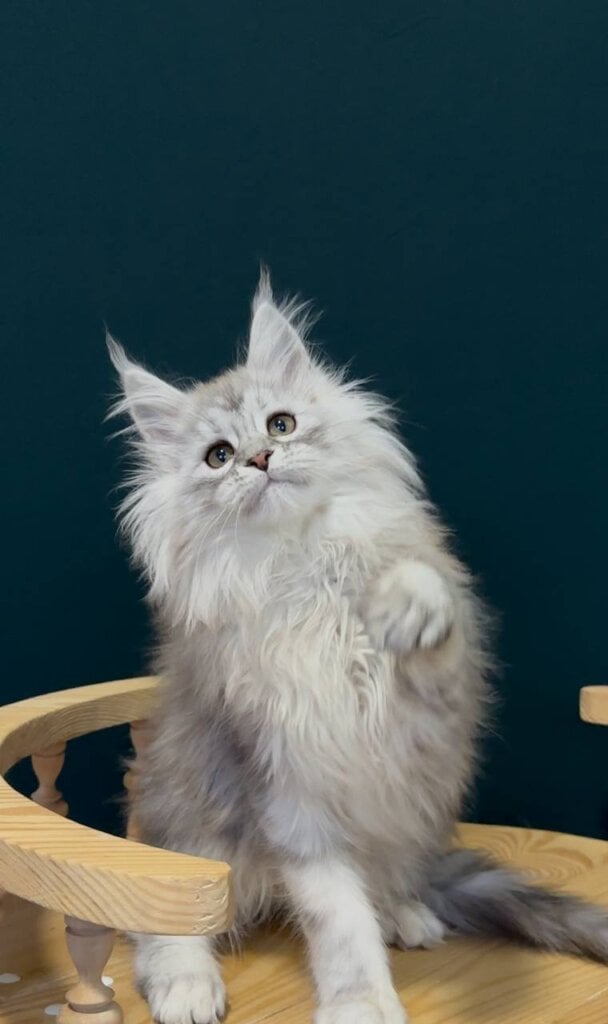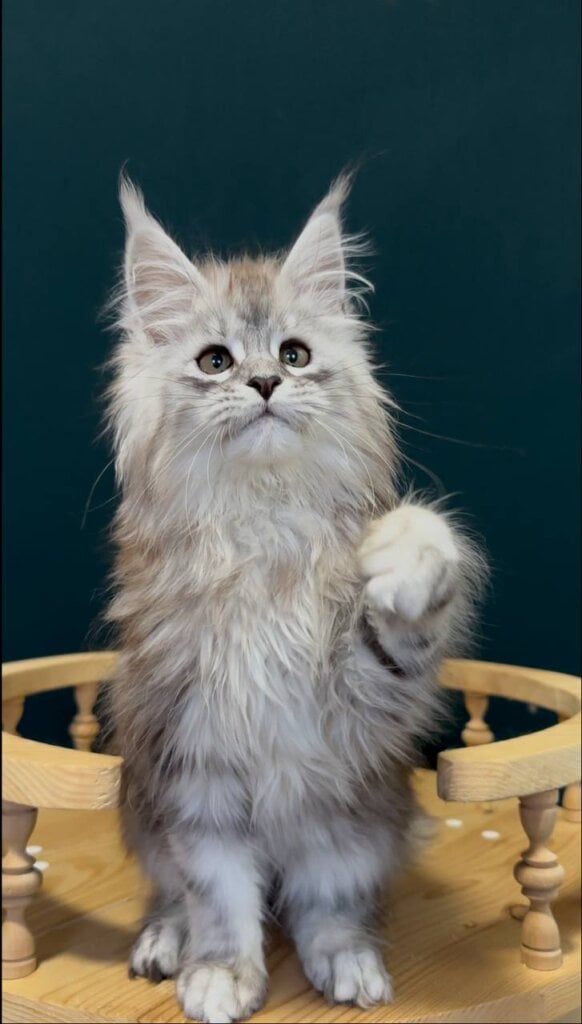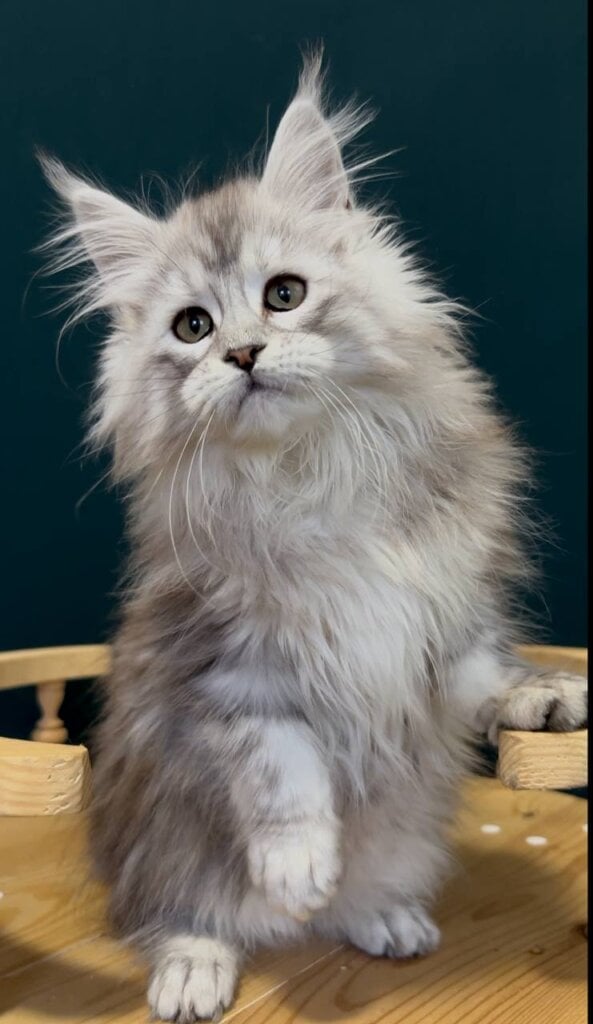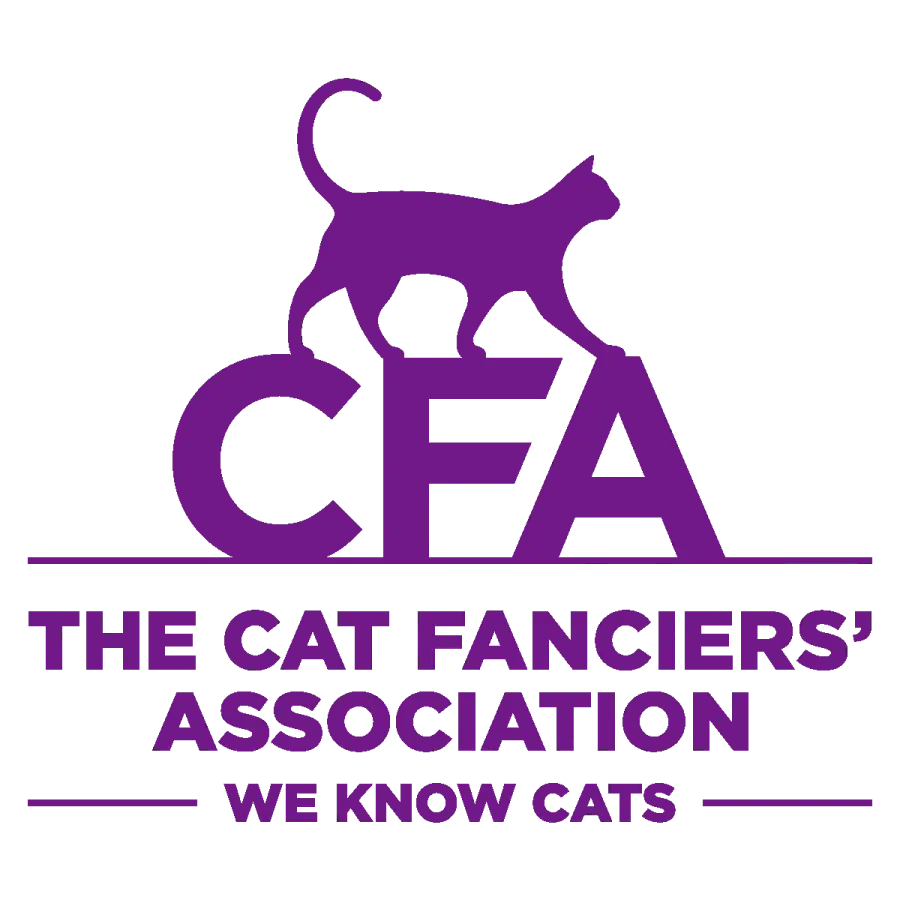Maine Coons have a big reputation, known as much for their beatific temperament as for their size. Their magnificent coats make them a favorite feline with cat fanciers. Their means of nature and intelligence make them incredible best friends, notably for households.
Their grooming needs and their possible health issues such as hip dysplasia are things to keep in mind. As the community behind MeoWoff, we really want transparency and active support to be our main focus.
We guide you through Maine Coons’ characteristics, so they’ll blend perfectly into your home and lifestyle.
Maine Coon: Gentle Giants
Affectionately nicknamed gentle giants, Maine Coons are one of the most popular breeds in the United States. This magical breed enchants with its remarkable combination of size, gentleness and charisma. As one of the largest domestic cat breeds, they are true gentle giants, and they know how to make an impression!
Males usually weigh between 15 and 25 pounds, with females weighing between 10 and 19 pounds. Their large structure is incredibly impressive, accented gracefully by their exotically striking features. Tufted ears, bushy tail, and a luxurious ruff of fur around their neck give them the appearance of a tiny lion. Their stunning physical characteristics are always the first to turn heads.
Additionally, their semi-water-repellent coat allows them to easily transition to harsher, cold weather conditions. More than just good looks, Maine Coons are known for their sweet and loving personalities. When paired with their human companions, they often form deep bonds, as cute as they are affectionate.
Their remarkable patience renders them ideal companions for homes with young children. Their social nature makes them natural companions to humans, following their owners from room to room. This affectionate nature can make them susceptible to loneliness when left alone for extended periods. They do best when surrounded by spaces brimming with imagination and inquisitiveness.
Playfulness is another hallmark of the Maine Coon’s personality. Despite their size, Maine Coons are agile, playful and active companions that thrive on interactive play – from chasing feathered wands to hunting prey in puzzle feeders. Their artistic bent and intuitive ability astound.
They’re very intelligent and you can train them to do stunts or walk on a leash. This combination of playfulness and intellectual prowess infuses any home with an additional dose of fun and wittiness. Maine Coons are not hard to care for at all. With the coat needing an occasional brush to keep it from matting, they are a real easy-keeper.
Cats were given a second chance with their semi-waterproof fur and natural fluency in the water. This wonderful quirk encourages certain cats to have a grand time in still puddles of water. With good care, Maine Coons can live 15 years or longer, providing many happy years of companionship.
Watch out for inherited diseases like hip dysplasia and spinal muscular atrophy. Like all pets, regular veterinary visits are vital to keeping these gentle giants healthy.
What Are Maine Coon Pros and Cons?
Maine Coons are one of the most beloved and distinctive cat breeds, known for their unique traits and captivating personalities. There are plenty of benefits to owning a Maine Coon. It’s important to consider the possible cons to make sure this giant breed is right for you and your needs.
1. Stunning Physical Appearance
Their gorgeous, water-repellent double coat comes in every color and pattern imaginable, with the exception of colorpoints and the color cinnamon or its dilution, making them a complete stunner. Those manes and their long, flowing fur are beautiful.
Not only do the tufts, known as “plume,” keep them warm, they serve as protection against harsh cold and wet environments. Their iridescent, large, expressive eyes shine with warmth and intelligence, sincerity and charm, turning their magnetism up a notch.
With their large, athletic frame and tufted ears, they truly have a beautiful and majestic appearance. Their long, bushy tails are beautiful, but more importantly, they help Maine Coons balance and warm themselves.
2. Affectionate and Loyal Companions
Maine Coons deserve the “dog-like” title due to their extreme loyalty. They forge profound bonds with their people, turning them into irresistibly distinct friends.
Maine Coons have a very gentle temperament, often being affectionate and loving with their desire to be social and playful. It’s not unusual to catch them trailing their human companions from space to space or snuggling up next to them during idle hours.
Their adaptable nature means they easily assimilate into almost any household. Whether you’re a family with kids or a bachelor wanting an all-star loyal companion, Maine Coons are a perfect option.
3. Playful and Energetic Nature
This breed is highly social and playful. Maine Coons have a strong predatorial instinct. You can feed this hunting instinct by making sure to encourage them to chase toys or play with puzzle feeders.
Their high energy levels require lots of stimulation. They love to climb, so provide some tall trees or cat condos, along with lots of scratching posts and interactive playtime. A properly stimulated Maine Coon is a happy and fulfilled companion.
4. Intelligent and Trainable Cats
Being quick learners as well as highly trainable, Maine Coons excel among other felines. They are very intelligent cats, responding well to positive reinforcement, learning tricks and commands in little to no time at all!
Puzzle toys and other mental challenges prevent boredom and build their bond with their people. Their brilliance goes beyond picking up routines, which helps keep daily life organized and flowing between pets and owners.
5. Adaptable to Various Living Situations
Even with their considerable size, Maine Coons can be suited in all types of living spaces, including apartments, smaller places, and larger homes. The secret is giving them a safe and comfortable environment where they can relax.
They easily adapt to new stimuli and environments with slow introductions. This makes it easier for them to adjust to different furniture arrangements or a move to a new house. The best part is their adaptable nature; very intelligent cats make sure they’ll thrive in many different living situations.
6. Good with Children and Other Pets
Maine Coons are incredibly gentle and social, which makes them great companions for children. They have a mild temperament and are tolerant of their human playmates’ behavior.
When introduced properly, they thrive in a multi-pet household, creating a peaceful and friendly atmosphere. Make sure to always supervise introductions to make sure all parties are comfortable and safe.
7. Relatively Independent Felines
Though they’ll seek it out, Maine Coons are independent enough to play and keep themselves occupied when you can’t provide them attention. They do well during regular stretches of alone time without getting separation anxiety.
Their independence certainly doesn’t imply they don’t desire company, so frequent engagement is crucial to restoring a solid relationship.
8. Vocal Communication Style
One of their most interesting characteristics is their unique vocalizations, particularly their use of trills and chirps. These vocalizations are typically their way of signaling what they want or how they feel.
Their expressive nature contributes an unexpected charm to their personality, making conversations with them surprisingly captivating.
9. Higher Initial Purchase Price
Adopting a Maine Coon from a responsible Maine Coon breeder can be expensive given the level of care and ethical breeding practices they require. Recurring costs like health screenings and vaccinations should be taken into account.
We know investing up front can be difficult; that investment comes back in the form of a happy, healthy, well-adjusted pet.
10. Potential for Specific Health Problems
While Maine Coons are overall a hearty and healthy breed, the average lifespan is 12 to 15 years. They are prone to certain genetic problems such as hip dysplasia and hypertrophic cardiomyopathy (HCM).
With regular veterinary check-ups and careful selection by reputable breeders, these risks are kept to a minimum, ensuring that they live long and healthy lives.
11. Extensive Grooming Requirements
Their long, shaggy coats need regular grooming to avoid matting and tangling. Weekly brushing is needed to keep their coat healthy and looking great.
Investing in quality grooming tools and learning proper techniques can make this process more comfortable for both owner and pet.
12. Large Size and Space Needs
Maine Coons are the biggest of the domesticated cat breeds, as males commonly weigh 18 pounds or even more. These friendly cats require lots of space to run, leap, and play, and enjoy having space to climb and explore.
Their robust size calls for a massive space that can let their size feel homey itself.
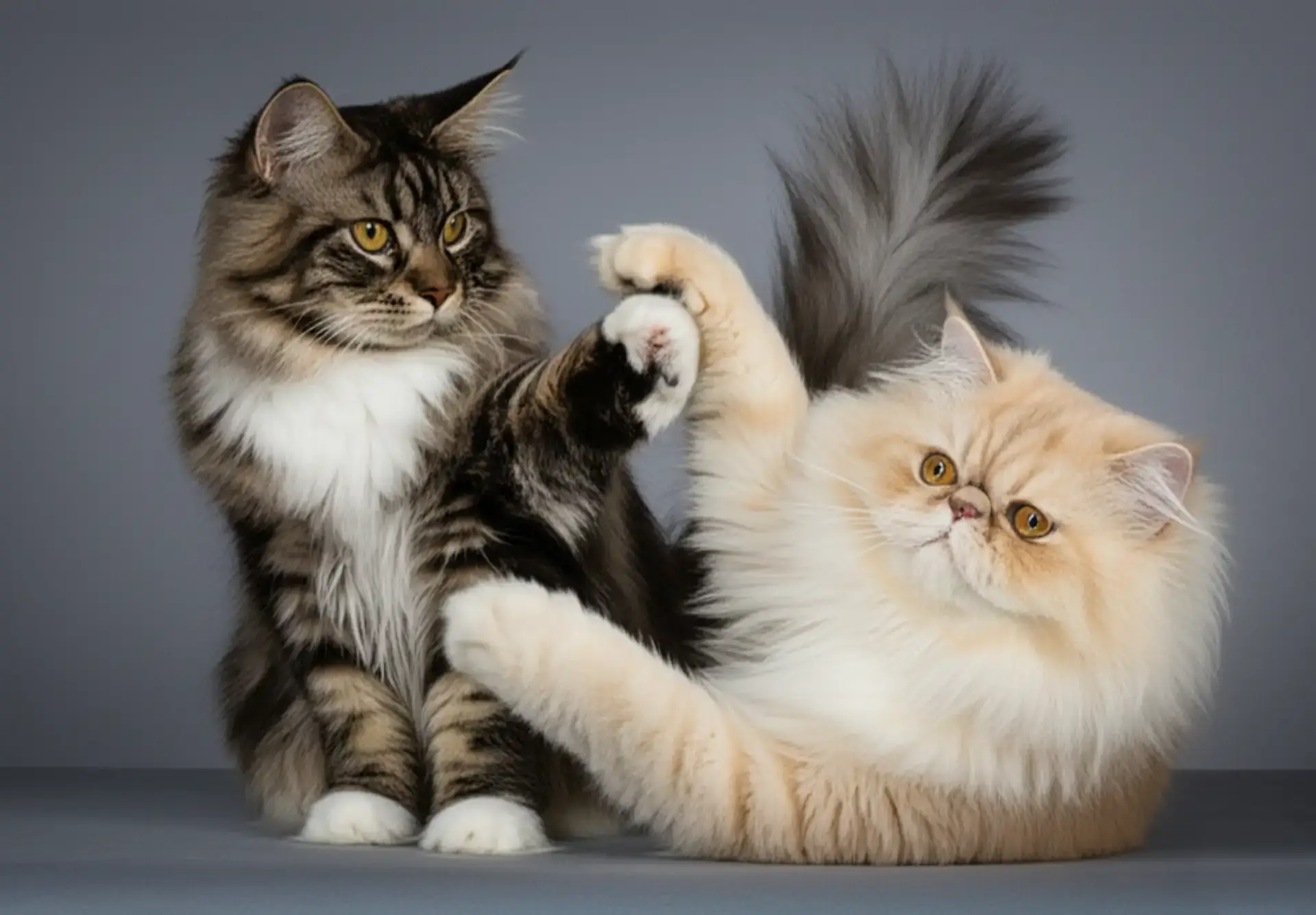
Maine Coon Personality Traits
Maine Coons are famous for their stellar personality traits to go along with their stunning good looks, making them a preferred breed in cat-loving homes. Their friendly nature is one of their most notable qualities. These cats are gregarious and people-oriented, developing close ties with their families.
A Maine Coon usually bonds tightest with one individual, similar to a dog. Yet, at the same time, they are still welcoming and approachable to everyone else. This trait imbues them with great depth in loyalty and companionship, which cannot be overstated, and leaves their owners entranced by their love and loyalty.
Their goblin-like mischief is yet another charming aspect which makes them irresistible to families and singles. Maine Coons are very active cats, but it’s a more measured energy, as in not over the top. They do love a good toy, such as a feather teaser and interactive puzzle toys.
These activities promote their brains and fulfill their natural curiosity. These are not only fun things for them to do but they help them stay engaged mentally. Their goofball personalities not only make daily life entertaining and uplifting, but they provide happy and joyful memories that their owners will cherish forever.
As big as they are, with shaggy locks flowing everywhere, Maine Coons are gentle giants. They are sweet-natured and patient, which makes them particularly fitting in homes with children or other pets. Their placid temperament makes them the perfect fit for any family scenario, offering a soothing influence even in lively households.
Every Maine Coon has a different personality depending on how they were raised and socialized. Though Maine Coons come with certain temperament traits pre-wired, early interactions are extremely important to their personality development.
It’s those quirky Maine Coon personality traits that make them so unique. Sweet, but not clingy, they like being near people more than sitting directly on them. They love autonomy, but more than that, they love intimacy. They do well in homes where they have company and aren’t left alone for long periods of time.
Additionally, Maine Coons are actually natural swimmers and have a semi-water-repellent coat to protect them, making their identity all the more special. One of the longest living breeds, with an average lifespan of 12-15 years, Maine Coons will floor you with years of love and companionship.
Their combination of sociability, cunning, and beauty has earned them a wonderful reputation as a beloved family companion.
Maine Coon Care Requirements
Maine Coon cats are known for their majestic appearance and friendly demeanor. Their care requires a thoughtful approach tailored to their unique needs. Brush their lush coats and cater to their chow and playtime preferences. Knowledge of their specific care requirements makes the difference between them living a long healthy happy life.
Grooming: Brush Regularly
Maine Coons have a water-resistant, long coat that requires regular grooming. Frequent brushing, at least 3 – 4 times a week, is particularly important for this breed to keep their long, silky coats free from tangles and mats. Daily brushing may be needed during peak shedding seasons to prevent hair accumulation and keep their luxurious coat in check.
Maine Coons require long-haired cat grooming tools to stay comfortable, such as wide-toothed combs and slicker brushes. This method avoids any pain during the grooming process. Be sure to thoroughly brush areas such as the belly and underarms, where mats can easily develop.
This is especially important for them as their thick double coat warrants the use of de-shedding tools to keep it in check. Grooming serves as a crucial bonding activity as well, helping to build trust and affection between you and your Maine Coon.
Diet: Provide Balanced Nutrition
As obligate carnivores, Maine Coons do best on a diet primarily composed of protein. Their diets should be made up of at least 80% meat. Plus, add 10% organs and 10% bone or supplements to mimic their natural dietary requirements. Premium dry or wet cat food designed for large breeds can fulfill their dietary needs.
Staying on top of their weight is crucial as they can become chubby if overfed. Treats should be limited, and the size of treats should be treated just like dinner, adjusting for the amount of activity and age. Working with your veterinarian will help ensure their diet promotes growth and a life-long state of health.
Exercise: Encourage Play and Activity
Maine Coons are lively, smart kitties who require regular play and stimulation to keep out of trouble. Engaging in daily interactive play sessions with feather wands or laser pointers can satisfy their predatory instincts and help them stay in shape. Durable toys, multiple scratching posts, and a large cat tree to encourage climbing offer outlets for their energetic playfulness.
Design obstacle courses and provide puzzle feeders to promote mental stimulation and exploration. This encourages their natural hunting instincts and prevents boredom.
Environment: Offer Space and Enrichment
Due to their size, Maine Coons need large spaces to roam around and play. Regular, standard litter boxes can be too small and claustrophobic for these big-bodied felines, so look for extra-large litter boxes. Provide tall scratching posts, stable climbing trees, and peaceful hiding spots where they can relax and observe.
Enrichment activities such as puzzle toys or treat-dispensing balls will provide hours of fun for your cat while meeting their need to explore and engage.
Regular Veterinary Care
Routine veterinary care is a must for Maine Coons. Annual check-ups are a key part to keeping them healthy. Regular vet visits can catch problems early, including hypertrophic cardiomyopathy (HCM), a heart condition prevalent in the breed.
Genetic testing and regular veterinary screenings are the keys to catching this disease early. This is crucial, considering that roughly 30% of Maine Coon felines are predisposed to carry a gene associated with HCM. Maintaining a proactive approach to their health will enable early interventions and give you peace of mind.
Common Maine Coon Health Issues
Maine Coons are typically healthy cats, famous for their noble size and sweet-natured temperament. Yet, as with all breeds, they have a predisposition to certain health issues. Many of these concerns can be greatly improved with prevention if we’re aware of these issues and take proactive measures.
Hip Dysplasia: Monitor and Manage
Although hip dysplasia is uncommon in cats, Maine Coons are predisposed to the condition. Signs to Watch For As chief of our health assistant staff, Dr. These are a few of the more serious issues, and catching them early is crucial.
A veterinarian can help you find pain management options or physical therapy to make your cat more comfortable. Keeping them at a healthy weight is extremely important as those extra pounds put additional pressure on their joints. Offering soft bedding and ramps to allow your cat to get into high places easily will reduce pressure on their joints.
Since obesity is a risk factor for hip dysplasia and diabetes, avoid high-calorie dry foods that can lead to excess weight.
Hypertrophic Cardiomyopathy (HCM): Screen Regularly
Hypertrophic cardiomyopathy is the most prevalent cardiac condition in Maine Coons, particularly affecting adult and senior cats. Considering around 30% of the breed possesses a genetic predisposition to HCM, frequent screenings are critical.
This makes it easy to monitor and manage the condition through early detection. Looking for signs such as lethargy, rapid breathing, or fainting are signs that warrant immediate veterinary attention. Your veterinarian will recommend echocardiograms to track cardiac health and inform treatment plans.
Knowing the signs and symptoms allows you to act as soon as possible to increase their quality of life and lifespan.
Spinal Muscular Atrophy (SMA): Genetic Testing
SMA is another inherited condition affecting Maine Coons, usually diagnosed by 3 to 4 months of age. Affected cats will likely develop muscle weakness and loss of coordination. Ensuring that genetic testing is part of the adoption process will lower the risk of an affected kitten being brought into the home unknowingly.
Reputable breeders will test for SMA to ensure healthier litters. Routine checkups and creating a simple environment can help cats impacted adapt as they age.
Polycystic Kidney Disease (PKD): Be Aware
PKD is common in Maine Coons and can ultimately cause kidney failure. Regular blood panels and urinalysis with each annual vet appointment can catch issues early before they arise. Symptoms like excessive thirst, urination, or unexplained weight loss are warning signs to look out for.
Feeding a diet that’s appropriate for kidney health, usually incorporating more wet food to promote hydration, helps slow the progression of the disease. Then, by helping to manage their blood pressure and blood sugar, you can compound the difference and reduce risk of complications.

Integrating Maine Coons Into Homes
Providing a Maine Coon with a loving home can be a hugely rewarding endeavor. You must prepare carefully and strategically in order to make a successful transition. Maine Coons don’t have a reputation as the lovey-dovey type. They excel at building deep connections with their humans and have been known to shadow their people all day long.
However, to create a truly harmonious environment, it’s important to integrate them slowly, particularly in homes that have other pets already.
Introduce Slowly to Other Pets
While Maine Coons are social and adaptable, introductions with other pets need to be done slowly and carefully. Start by confining your new Maine Coon into a single room. This allows them time to acclimate into their new environment without the stress of being overwhelmed.
Introduce controlled spaces, like a baby gate or a door left ajar. This method creates odor-neutral, safe and positive introductions long before you set foot in the same home. Always be attentive to body language; relaxed tails and curious sniffing are great signs of acceptance while hissing or growling reads an instinct to fight or flight.
Make sure to reinforce positive interactions with treats or soft praises to build a linkage between these encounters and a feeling of security. If your Maine Coon and another pet are coolly looking at each other through a glass door or gate, give them both a special treat. This way you’re rewarding their good behavior!
Provide Individual Spaces
The ability to retreat to private space is important to Maine Coons, other pets, and cats. Designate separate quiet spaces where each critter can escape to, like a fluffy pet bed or a cave-like hidey-hole. For Maine Coons, consider adding vertical spaces like cat trees or shelves, as they enjoy climbing and observing from above.
Separate feeding areas are just as important to avoid competition or stress at mealtimes. Honor their need for space, particularly in the first few weeks. Whether your Maine Coon decides to chirp or meow, recognizing their vocalizations will help foster trust and understanding between you both.
Giving them scratching posts close to their turf encourages better scratching habits and lessens the chances of them ruining your furniture.
Supervise Interactions Initially
Supervision is vital in the beginning stages of integrating Maine Coons. Keep a close watch on all meetings, intervening whenever you observe any potential hostility developing. Slowly increase the amount of time they are together as they become relaxed.
Instead, reward calm and friendly behavior, which creates positive associations. In the long run, this method not only builds a strong bond, but ensures the peace of the home.
Addressing Misconceptions About Maine Coons
Like all cats, Maine Coons are subject to myths and misunderstandings that do a disservice to their amazing personalities. We address these misconceptions one by one. Our aim is to demystify, and illustrate to potential adopters, just how extraordinary these felines can be as human companions.
Size: They Vary in Size
It’s time to bust that myth. The biggest misconception about Maine Coons is that they’re all huge. They are one of the largest of all domestic cat breeds. In reality their size is determined by their genetic makeup, diet, and overall health.
Adult Maine Coons usually weigh from 8 to 18 pounds. Males typically reach the top of that scale. It’s important to note that not every Maine Coon gets that big. Others will be smaller, which doesn’t mean they aren’t a Maine Coon just the same.
Additionally, it’s worth mentioning that size does not determine personality. The bottom line is that a smaller Maine Coon will be every bit as affectionate and playful as his larger counterpart. This range in size is just one of the many features that makes them special.
They reach their full size much later in life than the vast majority of cats do. Usually, this occurs around 1 to 2 years old, giving adopters lots of time to see them grow up!
Lifespan: Average 10-13 Years
Yet another misperception about Maine Coons that’s rarely discussed is their lifespan. Like all felines, these cats have a lifespan of 10-13 years which makes them a long-term commitment. Their longevity provides many opportunities to foster a close and lasting connection.
With routine veterinary visits and a maintained healthy diet, cat owners can influence their cat’s health and longevity. It’s vital to be aware of potential hereditary health conditions like hypertrophic cardiomyopathy (HCM), hip dysplasia, and spinal muscular atrophy (SMA).
Early detection, through regular checkups and health monitoring, and adherence to treatment plans can go a long way. Nothing brings us more happiness than to celebrate these significant milestones. Whether it be their first birthday or their tenth, every day has grown into a beautiful remembrance.
Expert Advice for New Owners
Bringing a Maine Coon into your family is an enriching experience filled with love and responsibility. These sweethearts of the ocean are as smart as they are gorgeous, with a personality as big as their 60-foot frame. Knowing what their unique requirements are is key to helping them flourish.
Here’s a look at real-world actions we can take to make sure new owners are best equipped to care for their Maine Coons.
Find a Reputable Breeder
The first step to ensuring that you have a healthy Maine Coon is to go through a reputable breeder. That’s why it’s so crucial to vet breeders who are committed to ethical practices and the well-being of their felines. Consider those formally accredited through respected accrediting agencies.
Formal accreditation is usually a sign of a strong commitment to quality and thorough standards. Make sure to ask for all health clearances and documentation for the dog’s lineage. Health Testing is essential to ensure the kitten’s parents have been screened for known genetic faults, including hypertrophic cardiomyopathy (HCM).
Visiting the breeder’s facility is a huge opportunity to learn how the kittens are raised. Clean, healthy spaces with well-socialized kittens are surefire signs of a great shelter. To start, look at how the cats behave – if they’re curious and friendly, that’s a sign that they’re being well looked after.
Always go with your gut and pick a breeder that shares your values.
Schedule Regular Vet Checkups
Regular veterinary care is crucial to ensuring that your Maine Coon stays healthy for years to come. These cats can live 13 years or longer, making it all the more important to remain vigilant! Routine veterinarian visits are important to keep track of their growth, weight, and general state of health.
Keeping your pet’s vaccinations – and vaccinations in general – up-to-date prevents the spread of contagious diseases such as rabies, kennel cough, and parvovirus. If you notice excessive shedding, consult your vet to rule out health concerns.
Maine Coons are prone to dental problems. Be sure to keep regular dental cleanings in their care routine and have discussions with your veterinarian about how to maintain oral hygiene. Having an in-depth health record provides a baseline and will assist in monitoring and tracking the progression of their health over time.
Socialize Your Kitten Early
By exposing your Maine Coon to a variety of experiences from a young age, you’ll help them grow into a confident and sociable adult. Begin by socializing them to different people, animals, and surroundings. Reward positive behavior with treats and calm verbal praise to reinforce a happy-go-lucky disposition.
A loving home filled with appropriate enrichment like interactive play and scratching posts reduces boredom and bad behavior. Maintaining their coat with regular brushing, ideally three times a week, will do wonders for their coat and help establish trust during grooming from a young age.
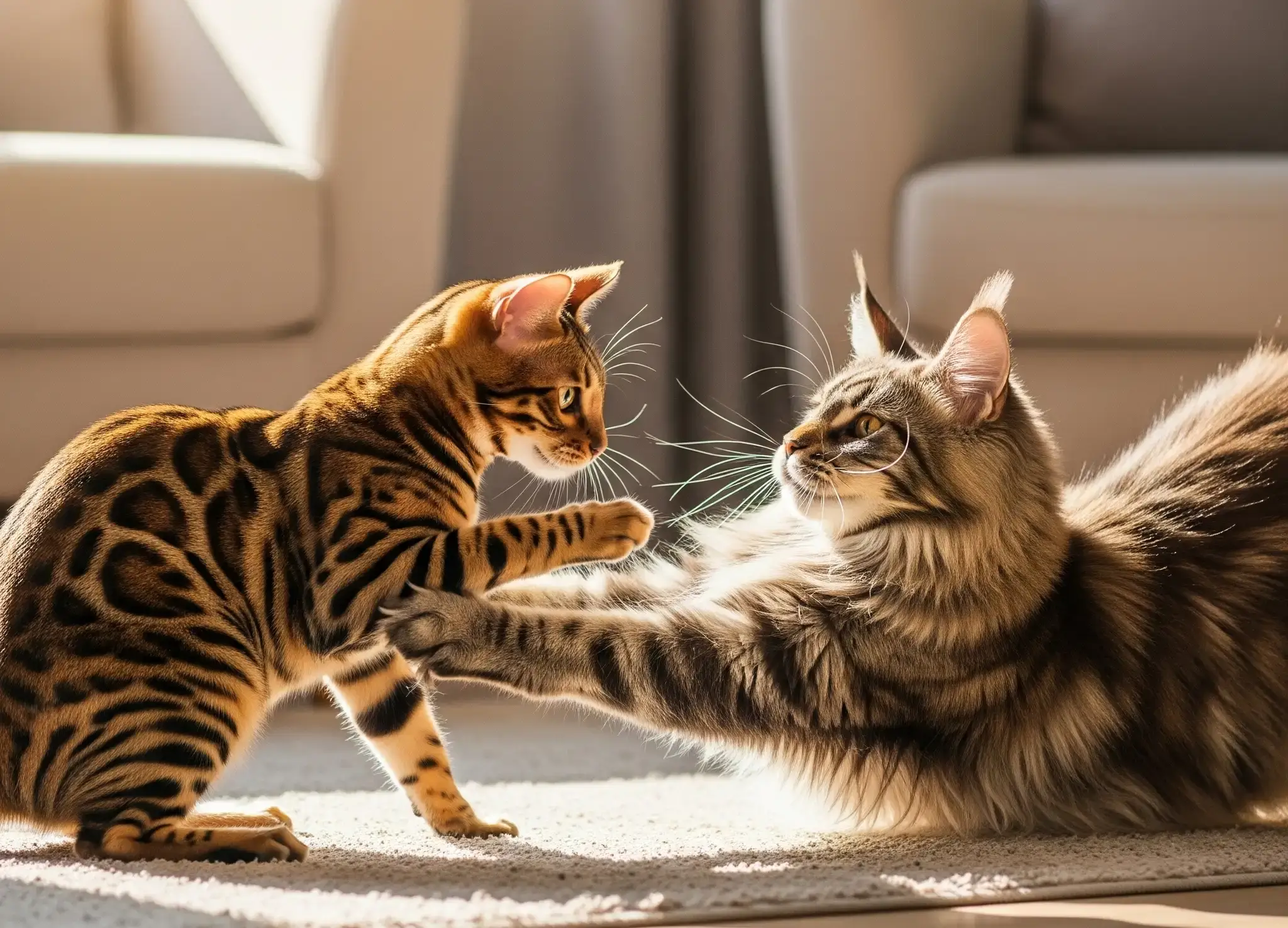
Ownership Costs Compared
Owning a Maine Coon means knowing the upfront and long-term costs associated with being a parent to one of these cats. These gentle giants are some of the largest cats in the world and even-tempered felines, but they demand considerable responsibilities and should be budgeted for accordingly. On its face, the costs might seem daunting.
With a little forethought, you can enjoy your new pet and stay on top of your expenses without compromising your pet’s health or happiness. Adoption or purchase from a breeder can range from hundreds to thousands of dollars, largely based on where you live. You can adopt from a shelter or other rescue organization for only $50-$300.
This breed provides non-stop love and laughter, all while saving you and your family a ton of dough! Buying from a responsible breeder costs $2,000-$6,500+. This increased cost accounts for the rigorous health screening, nurturing environment, and ethical breeding practices upheld by reputable breeders.
You’ll need to budget for a few upfront materials and supplies. Plan to invest around $100-$200 on things, including the food bowl, litterbox, and scratching post. Ongoing costs are the second major factor to consider when it comes to Maine Coons ownership costs.
Because of their increased size, they eat more food than your typical cat. High-quality cat food – which is vital with their health as they age – can range from $30 to $50 a month. Grooming supplies – brush, nail clippers, etc. – run $20 to $50. Think about what it would cost to have to replace them every year or two.
Maine Coons benefit from interactive toys, which cost around $20 to $30, and scratching posts, which might add $30 to $50 monthly if they require frequent replacement. For litter box supplies, because of the volume of waste produced by these large felines, it can average $10 to $20 per month.
Maine Coons aren’t the most expensive breed to own, but they rank high on the list. Still, their playful temperament, loving disposition, and lifespan typically leads families to find the cost to be a rewarding investment. Families prepared to make this lifelong commitment will experience happiness and friendship with a Maine Coon.
This experience can be absolutely invaluable.
Environmental Setups for Maine Coons
Maine Coons are as gentle as they are large, with a playful demeanor befitting their size. It’s this intelligence that truly makes them special companions, and they best flourish in thoughtfully tailored environments. Creating a home that accommodates their unique needs enhances their quality of life. Doing so not only increases their environmental enrichment but boosts their mental and physical well-being.
So when setting up your house, ensure you leave vertical areas for your Maine Coon to make use of. They enjoy to climb, browse, and survey their environment from above! These cats come from a long line of feline tree climbers, preferring the higher ground to sleep or hunt.
Provide strong cat trees and wall-mounted perches or steps to increase their vertical space and independence. Access to secure shelving can be used to provide additional exploration opportunities. For instance, a Maine Coon kitten once destroyed a tree in seven months by climbing and playing on it. It’s a reminder to invest in durable furniture built to handle their energy.
Comfortable resting spots are needed as well. Maine Coons need spaces to curl up after they tire themselves out with their kitten-like zoomies. Make resting spots soft cat beds, cushioned places by a sunny window, or a peaceful nook with soft blankets can all turn into their preferred lounging areas.
Meanwhile, stimulating, active play spaces filled with interactive toys, mazes and climbing structures will help them burn off that excess energy. Consistently engaging in interactive play sessions using wand-type toys helps to build and maintain a strong bond with your cat. It meets their playful natures with enriching experiences, such as puzzle feeders.
Safety is an extremely important factor. Eliminate other dangers such as hanging wires, poisonous foliage, breakable objects they can reach. Other owners provide secure outdoor enclosures for their cats. For instance, a 10 x 10 x 6-foot kennel with heavy screened shade cloth provides your Maine Coon with an enriching outdoor experience while keeping them safe and sound.
Inside, you can add Maine Coon-safe greenery to stimulate their minds and spark their curiosity, allowing them to explore safely indoors. Lastly, creating an environment that supports their natural instincts, such as climbing, hunting, and exploring, helps them adapt comfortably to indoor living.
In reality, 80% of owners will tell you that their Maine Coons are very happy to live inside with the proper environmental enriching setups. An enriching environment full of safe feline spaces and all the love in the world keeps them healthy for life.
Exercise and Mental Stimulation
Maine Coons are impressive-looking cats with equally impressive personalities to match. Their exuberant and inquisitive natures require plenty of physical exercise and mental stimulation to keep them happy and out of trouble. These cats ultimately thrive when both their physical needs and their intellect and curiosity are engaged.
It’s important to make a schedule that maintains their physical health and mental stimulation. Finding ways to keep them physically active and mentally stimulated is key to ensuring they continue to thrive. Maine Coons are large cats to begin with, with male Maine Coons averaging 13 – 18 pounds and females a little less.
Lack of exercise can make them at risk for obesity, which can cause a host of medical problems. Provide them with room to exercise, whether that’s in a large environment indoors or safely outside. This freedom allows them to remain physically and mentally stimulated.
Or, if you have the space, allow your pet time outdoors under supervision on a leash. Indoors, running around after a feather wand is another great way to get them moving. Climbing trees, cat towers, or custom shelves provide excellent ways for your feline friend to explore, exercise, and build muscle.
To keep the dog’s mind sharp, interactive toys and games can be a tremendous asset. Enrichment activities like puzzle feeders, for example, provide mental stimulation while tapping into dogs’ natural predation and scavenging behaviors. Laser pointers, motion-sensor toys, and even homemade ones such as crumpled paper balls can get them going.
Maine Coons are intelligent and enjoy problem-solving, so rotating these toys every week keeps their curiosity alive and prevents monotony. Offering variety promotes adventure and helps them stay consistently engaged. By setting a schedule for play, it adds an additional layer of routine to a physical and mental enrichment hot dog.
Either invest a short 15 minutes in the morning or have more fun with longer evening playtime. The act of consistent engagement deepens the relationship with their loved ones. Maine Coons are social creatures, and they love lots of attention and to be around their people.
By maintaining a regular routine where they stay both physically and mentally stimulated, these pets safely boost their mood and overall wellbeing.
